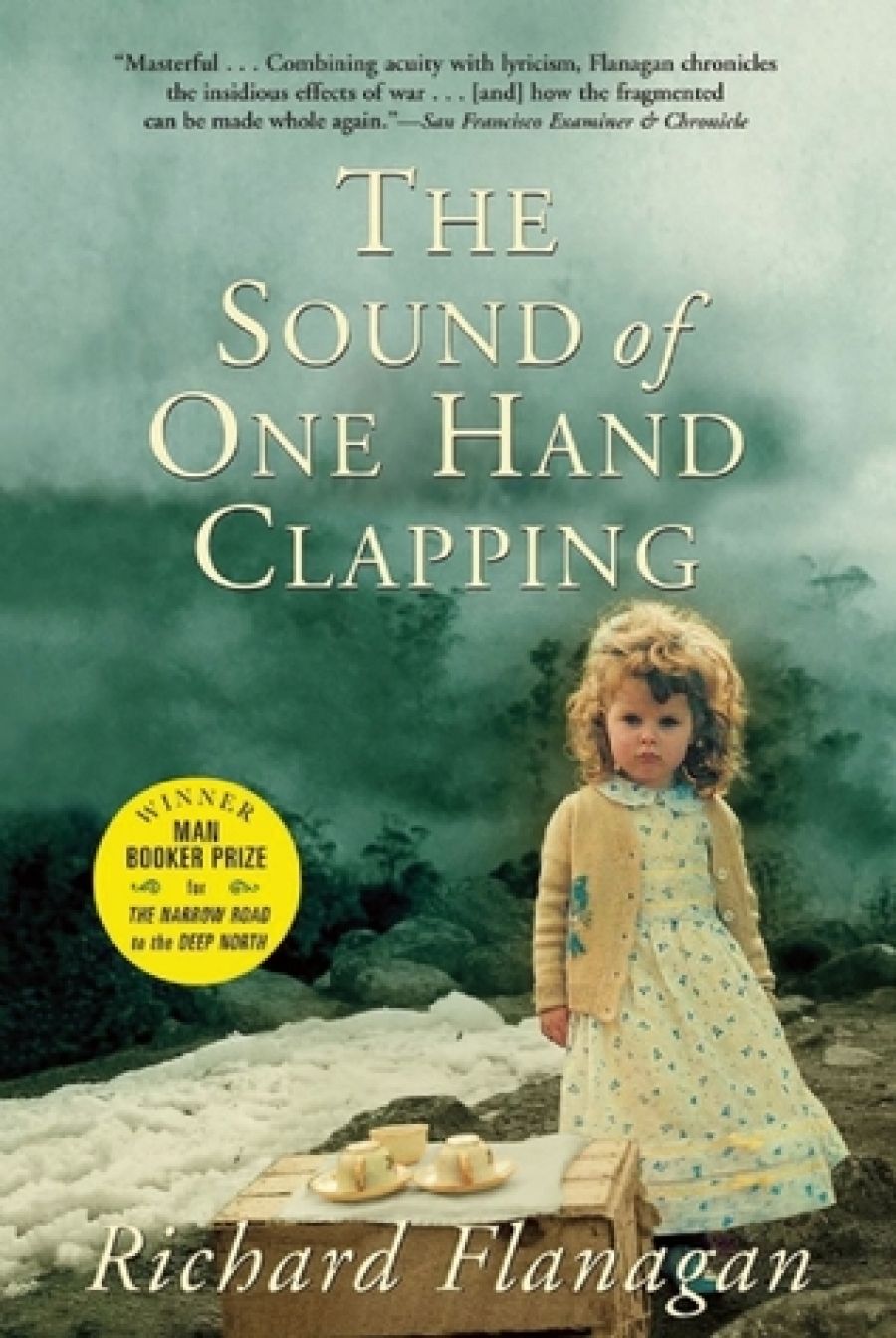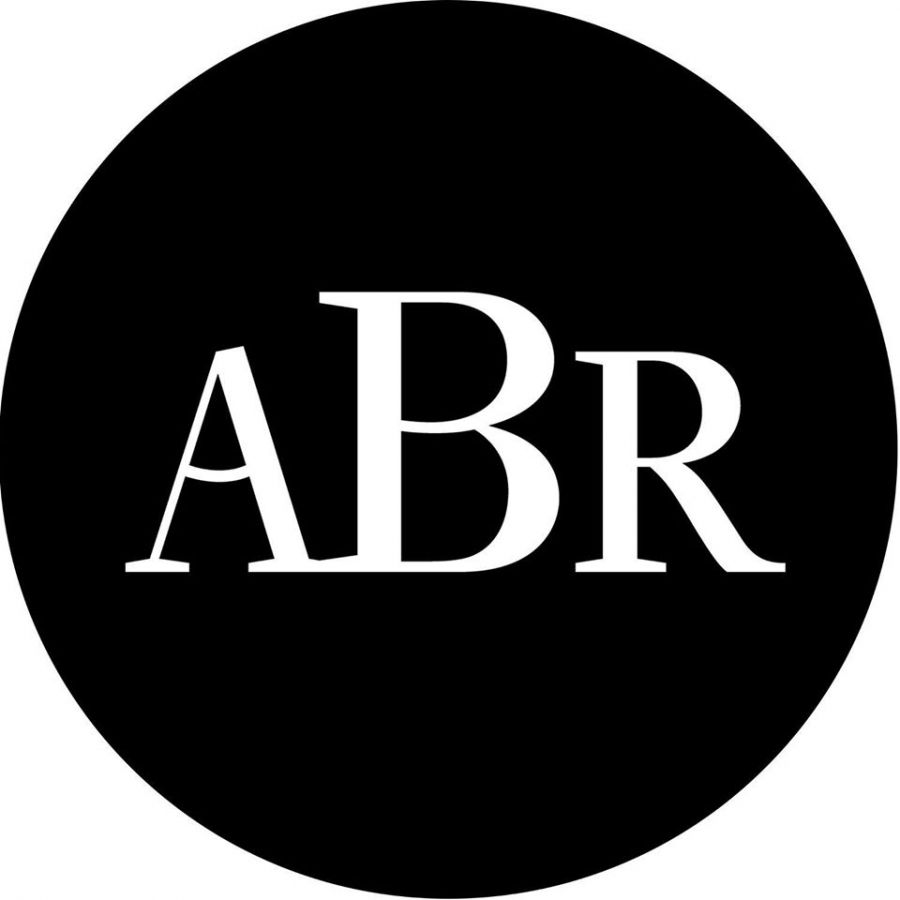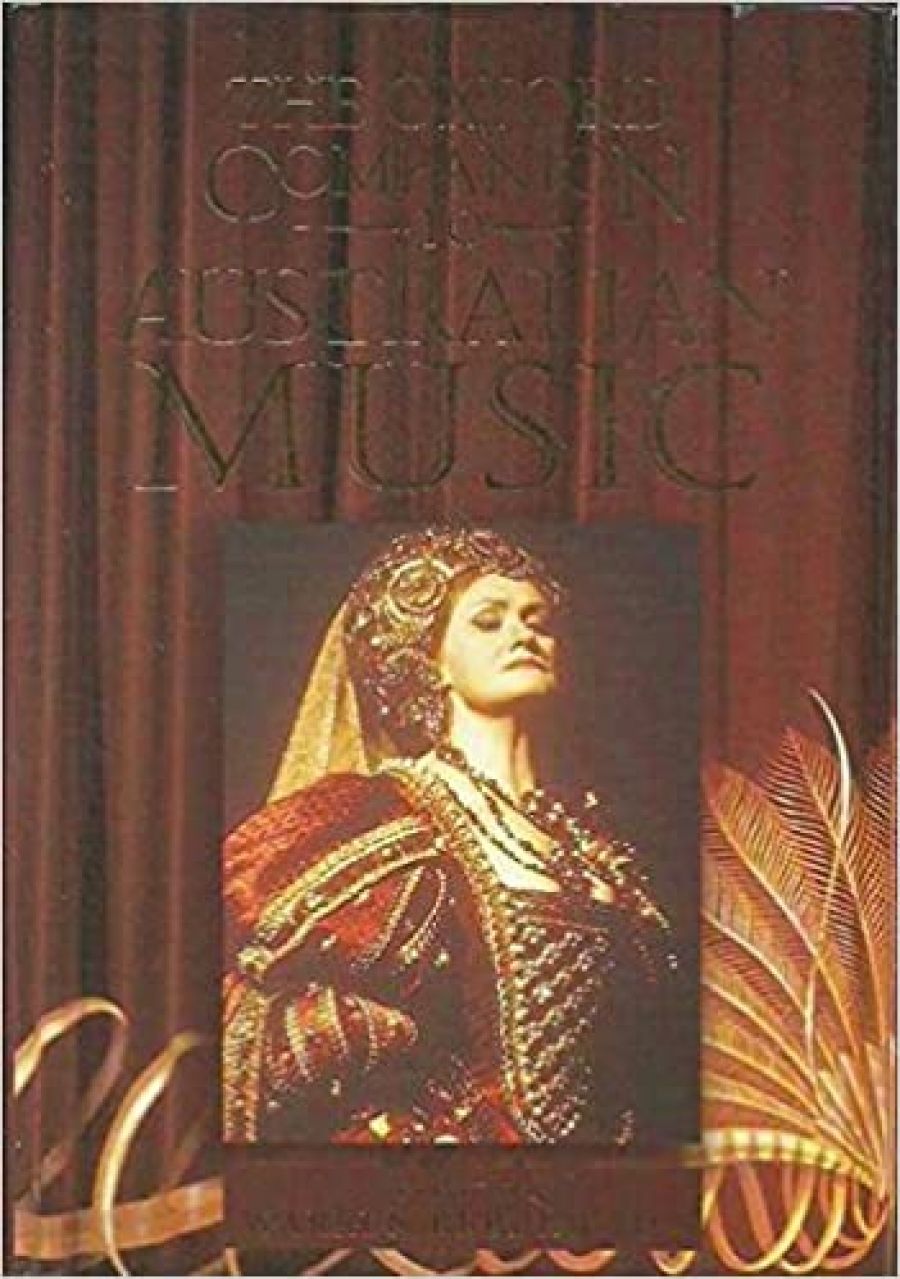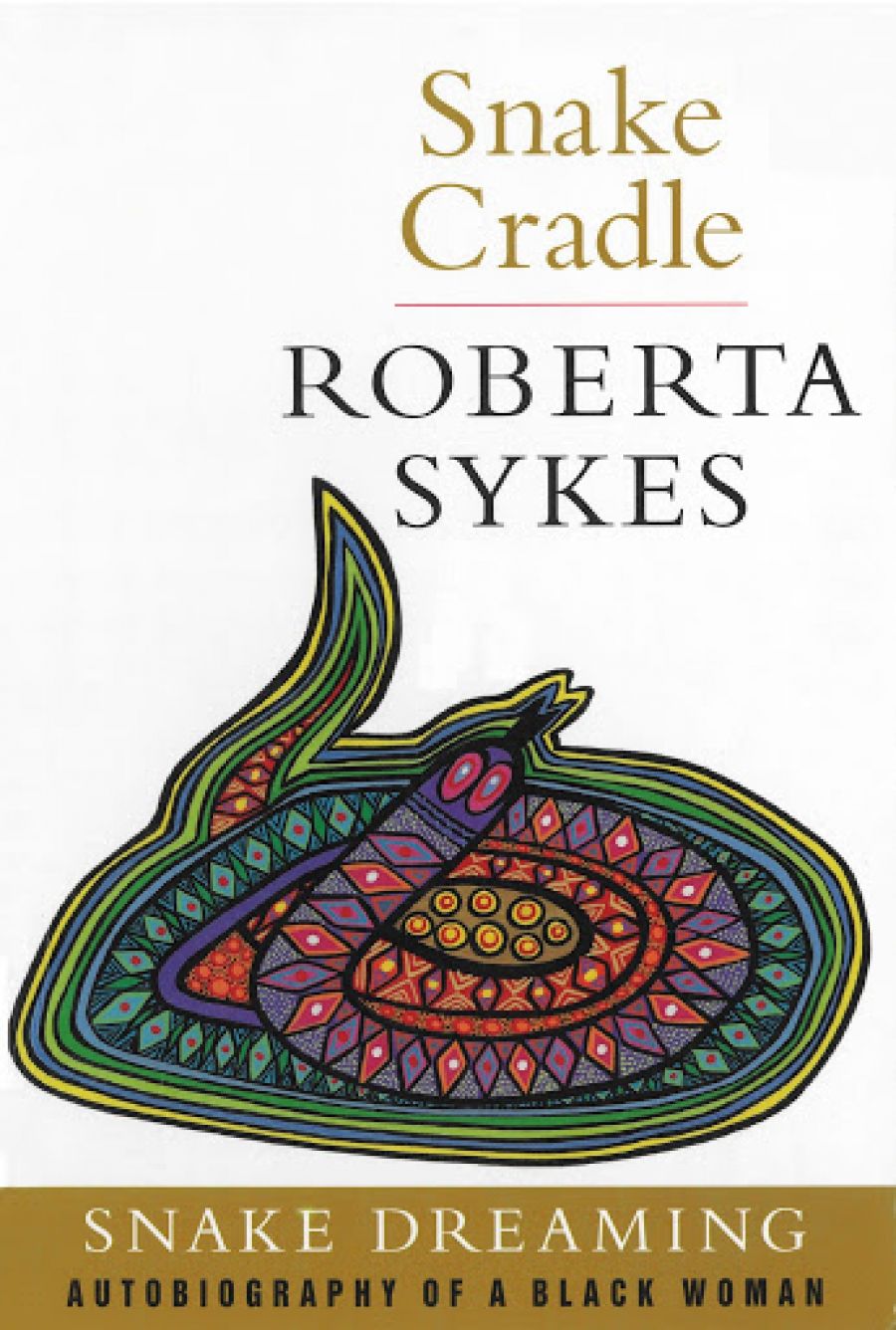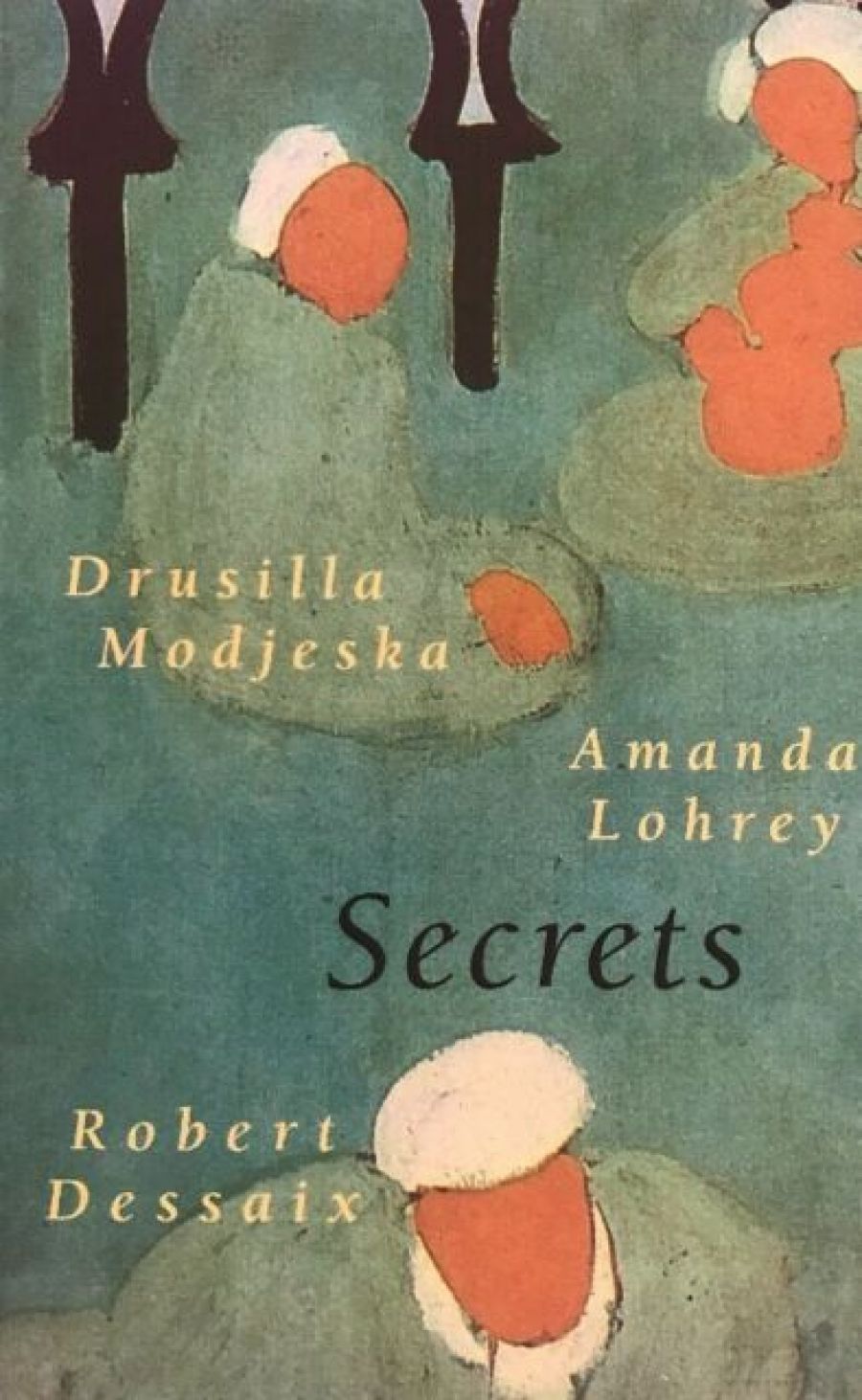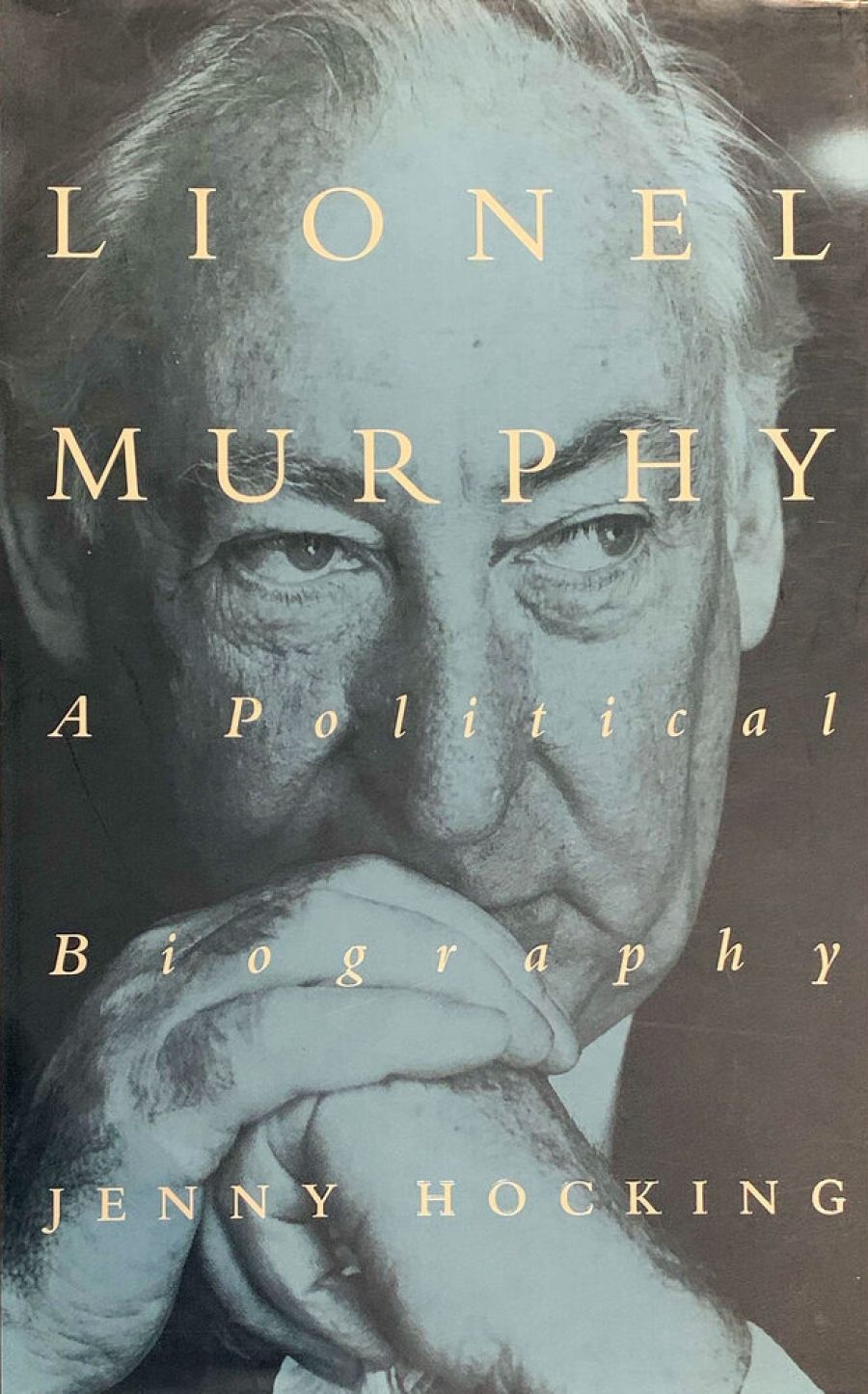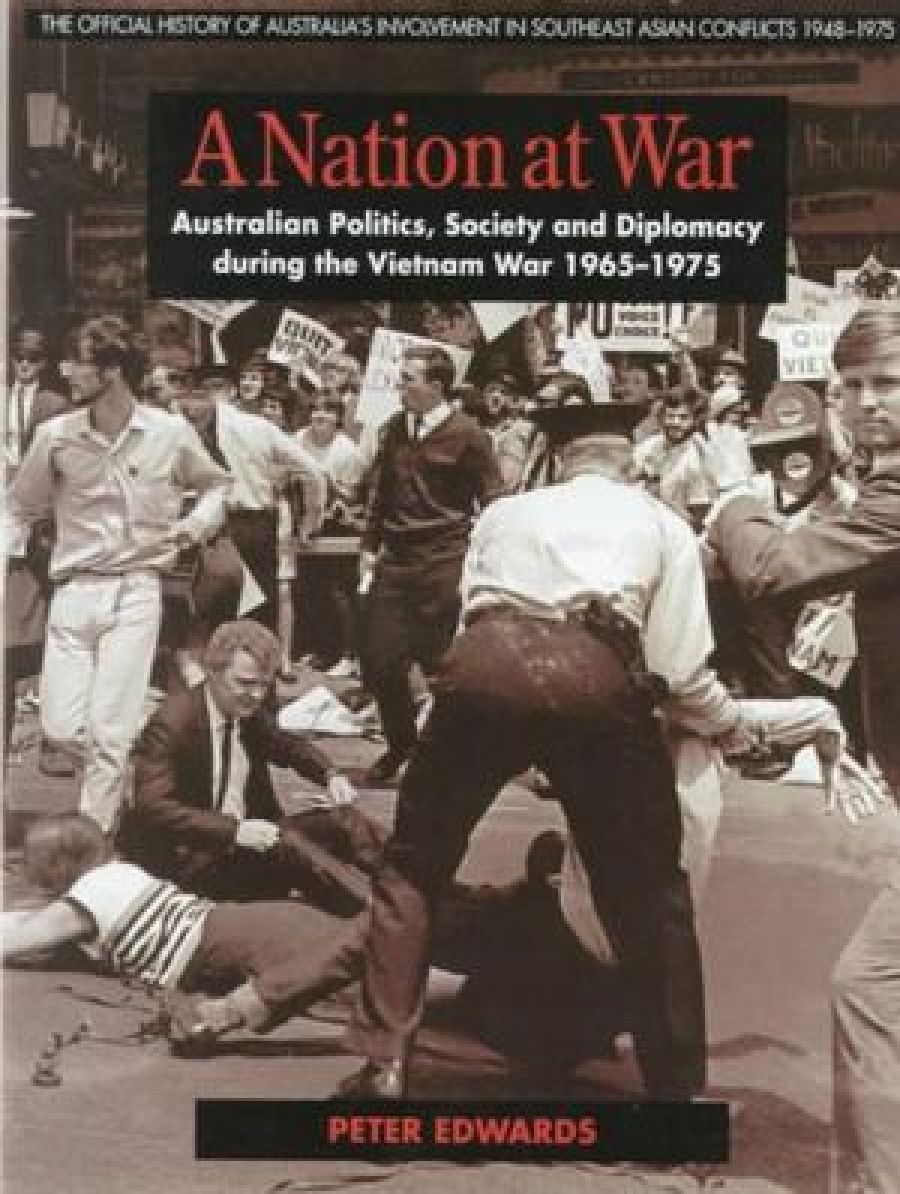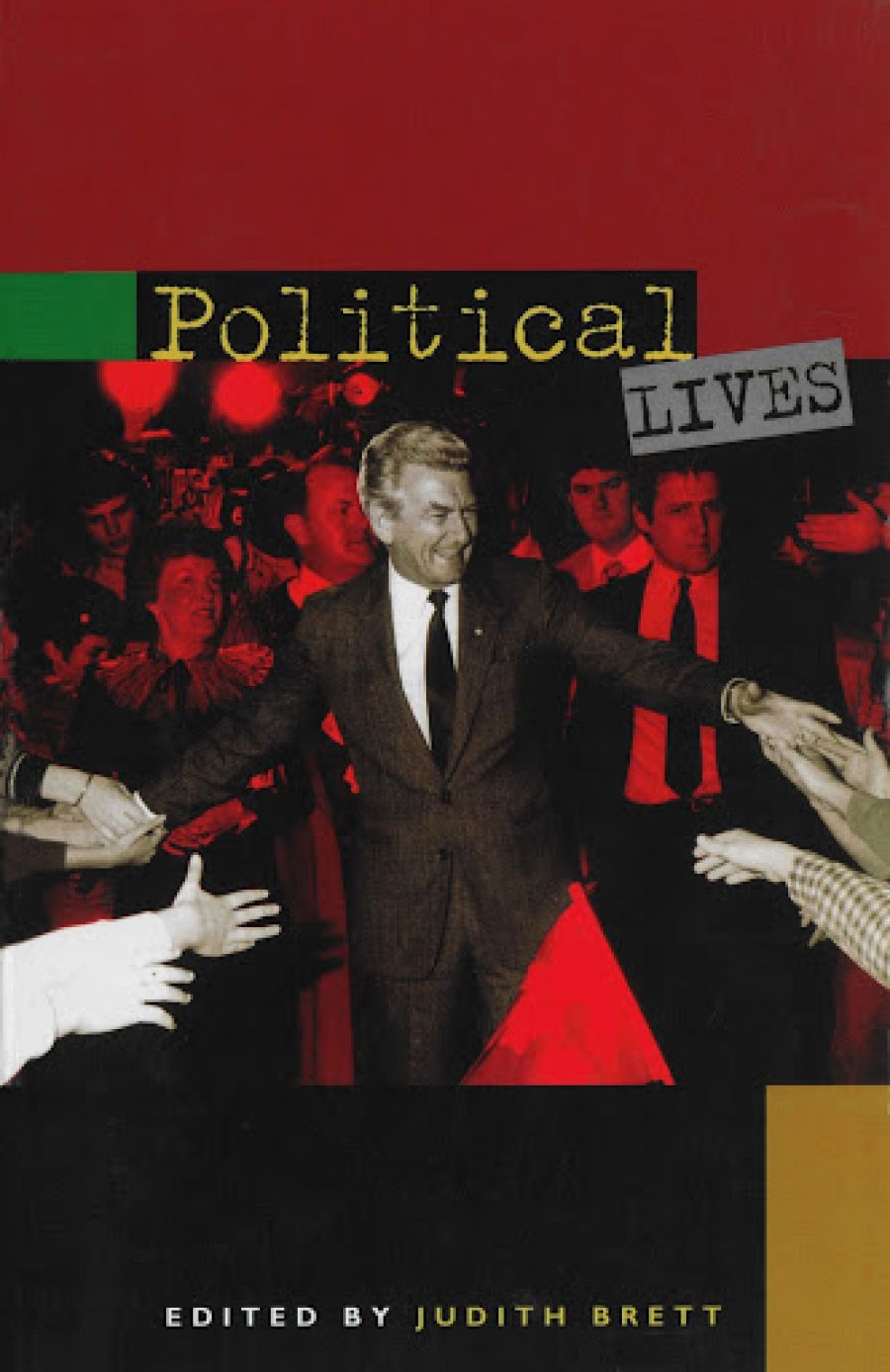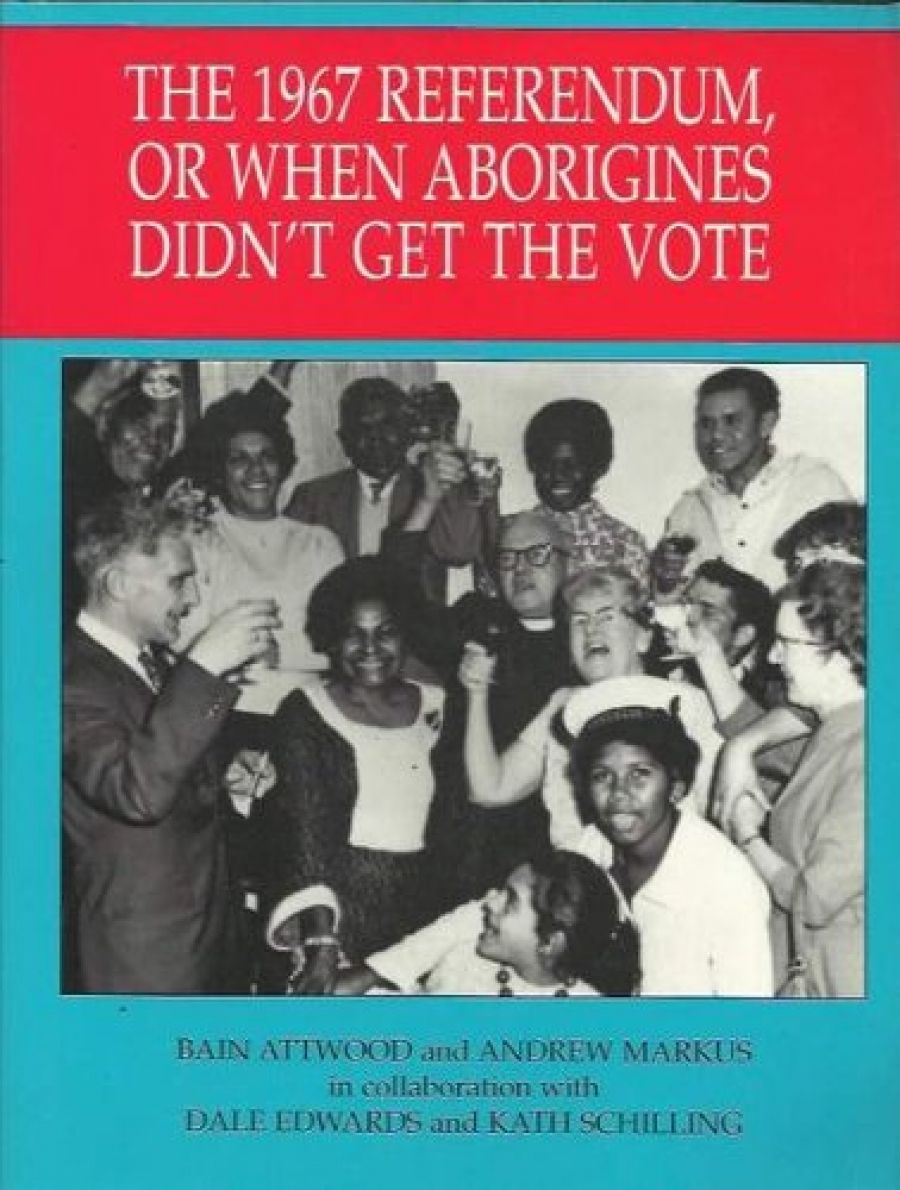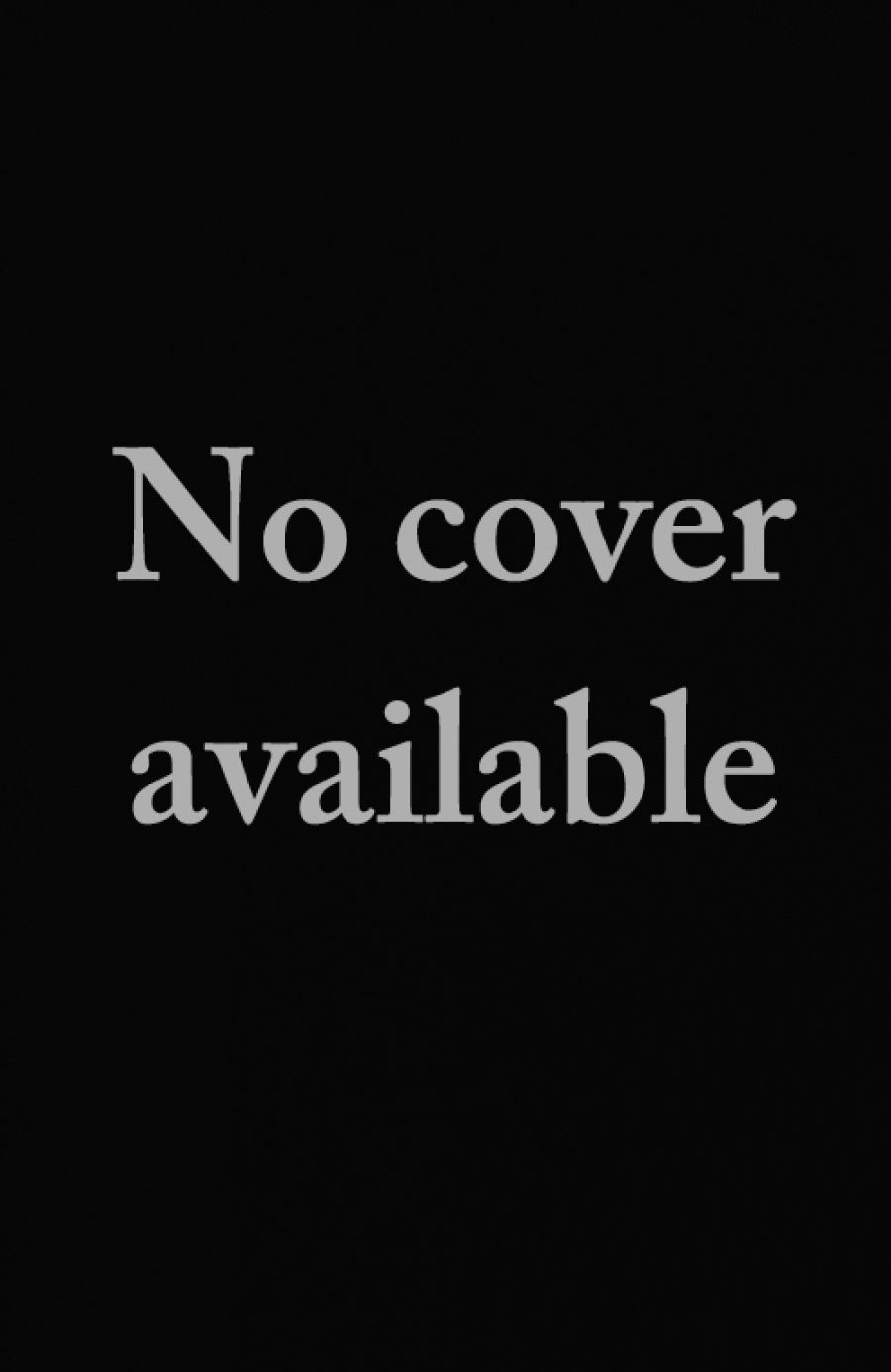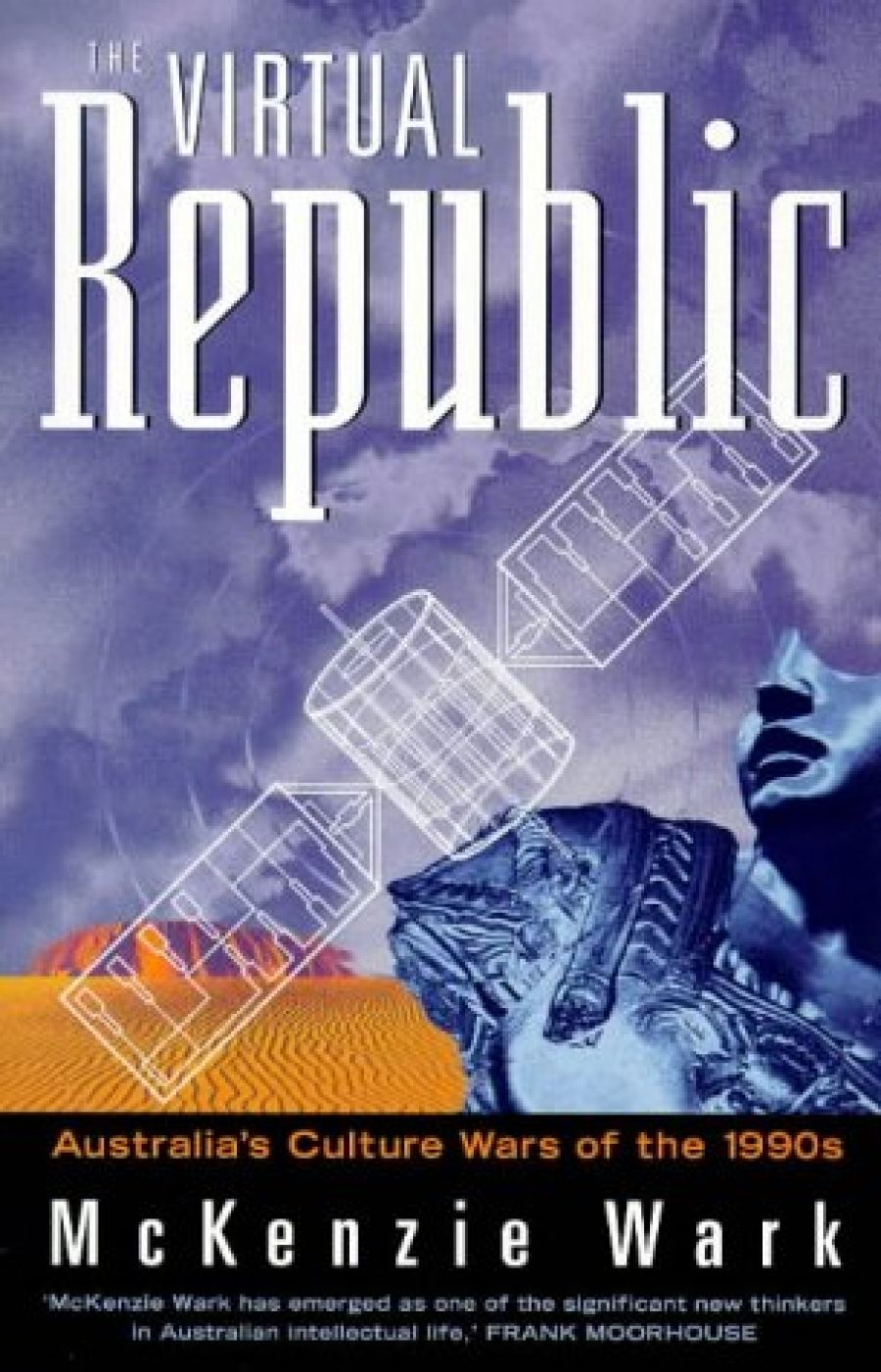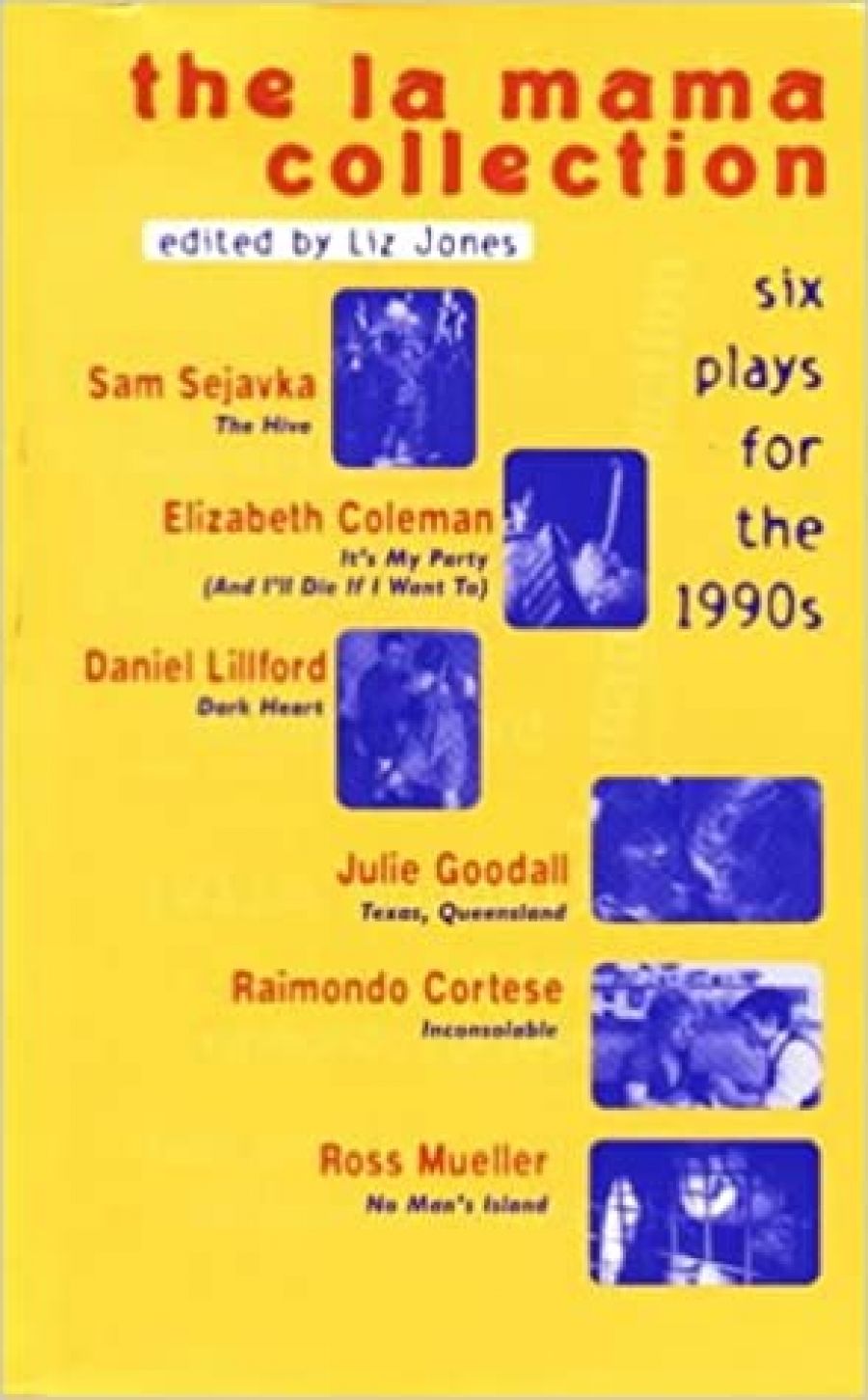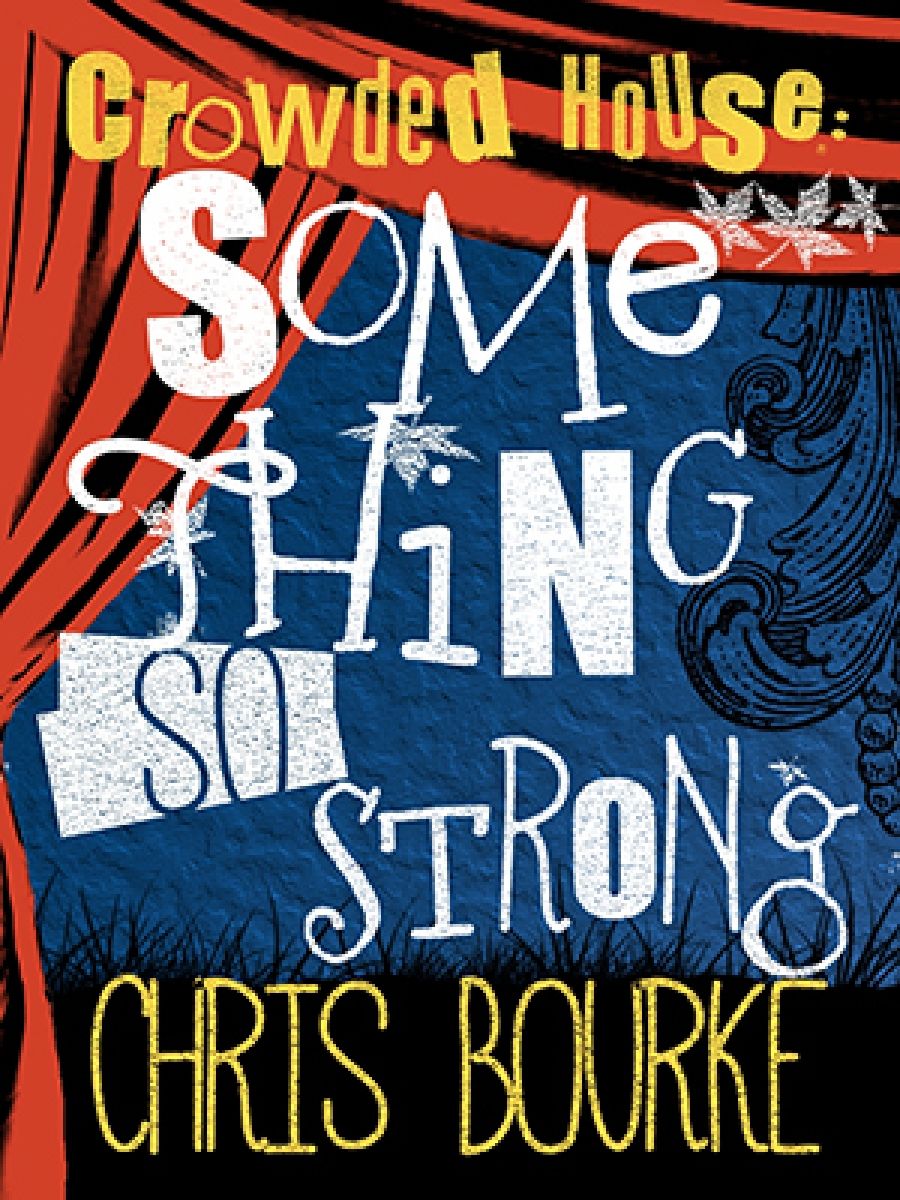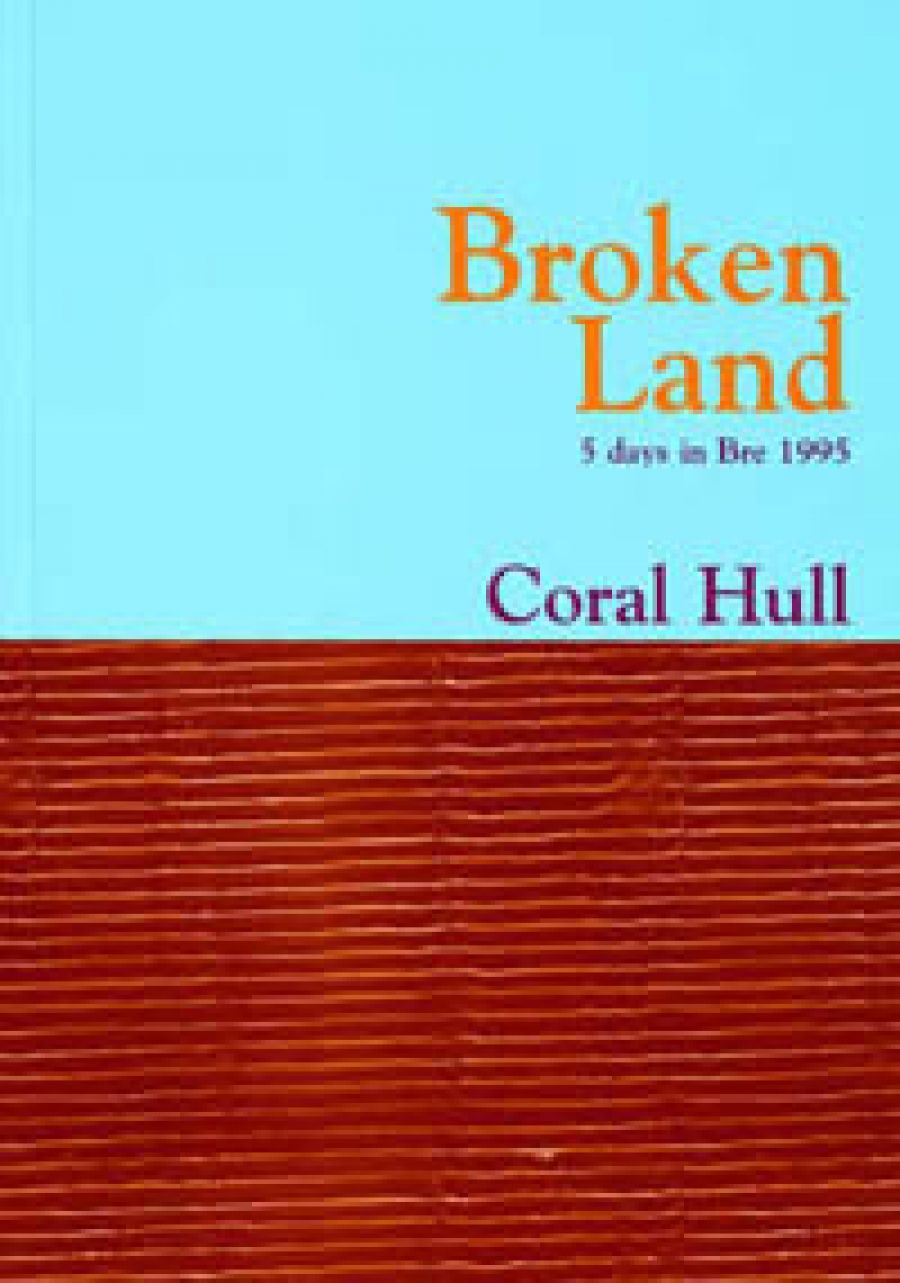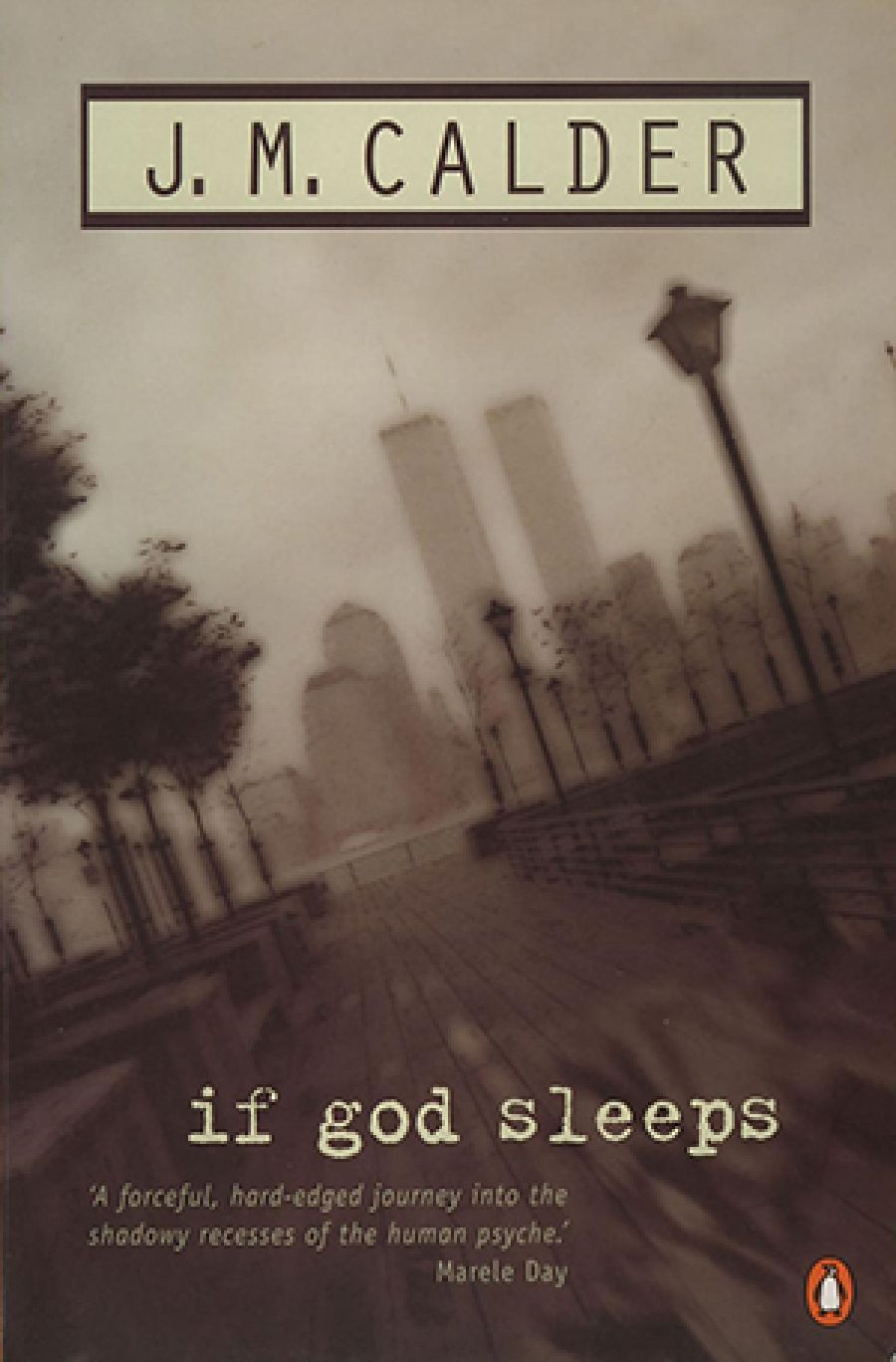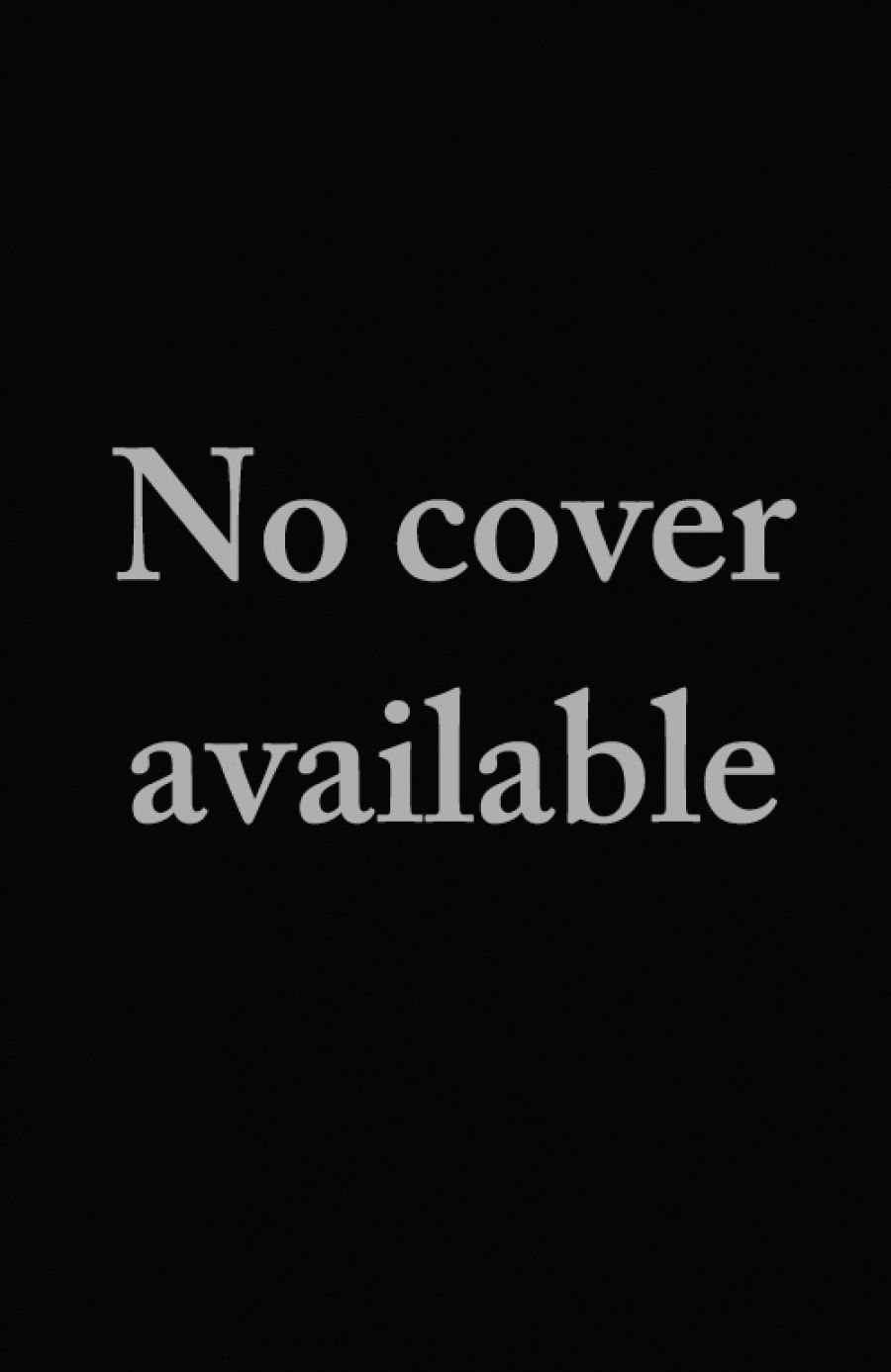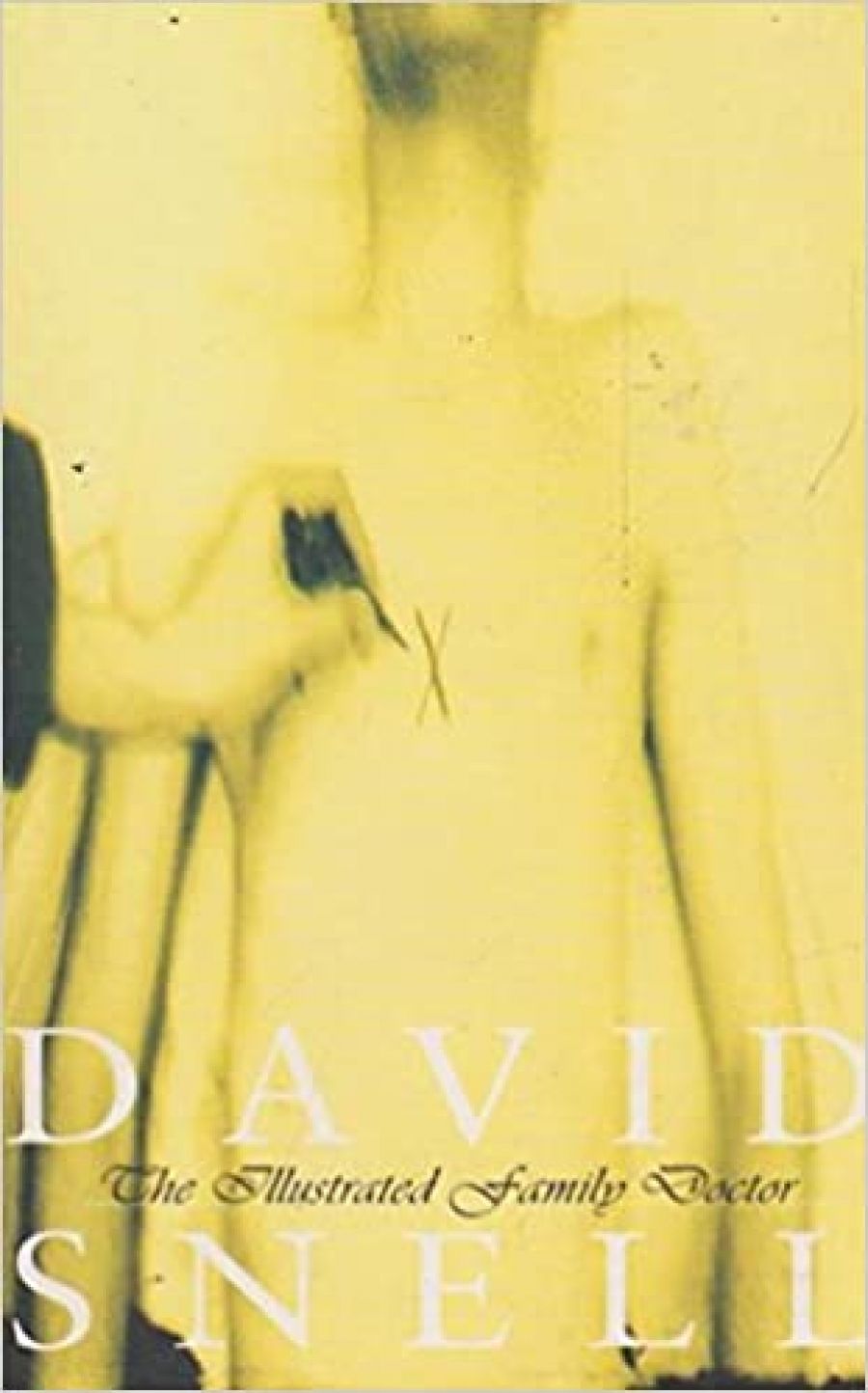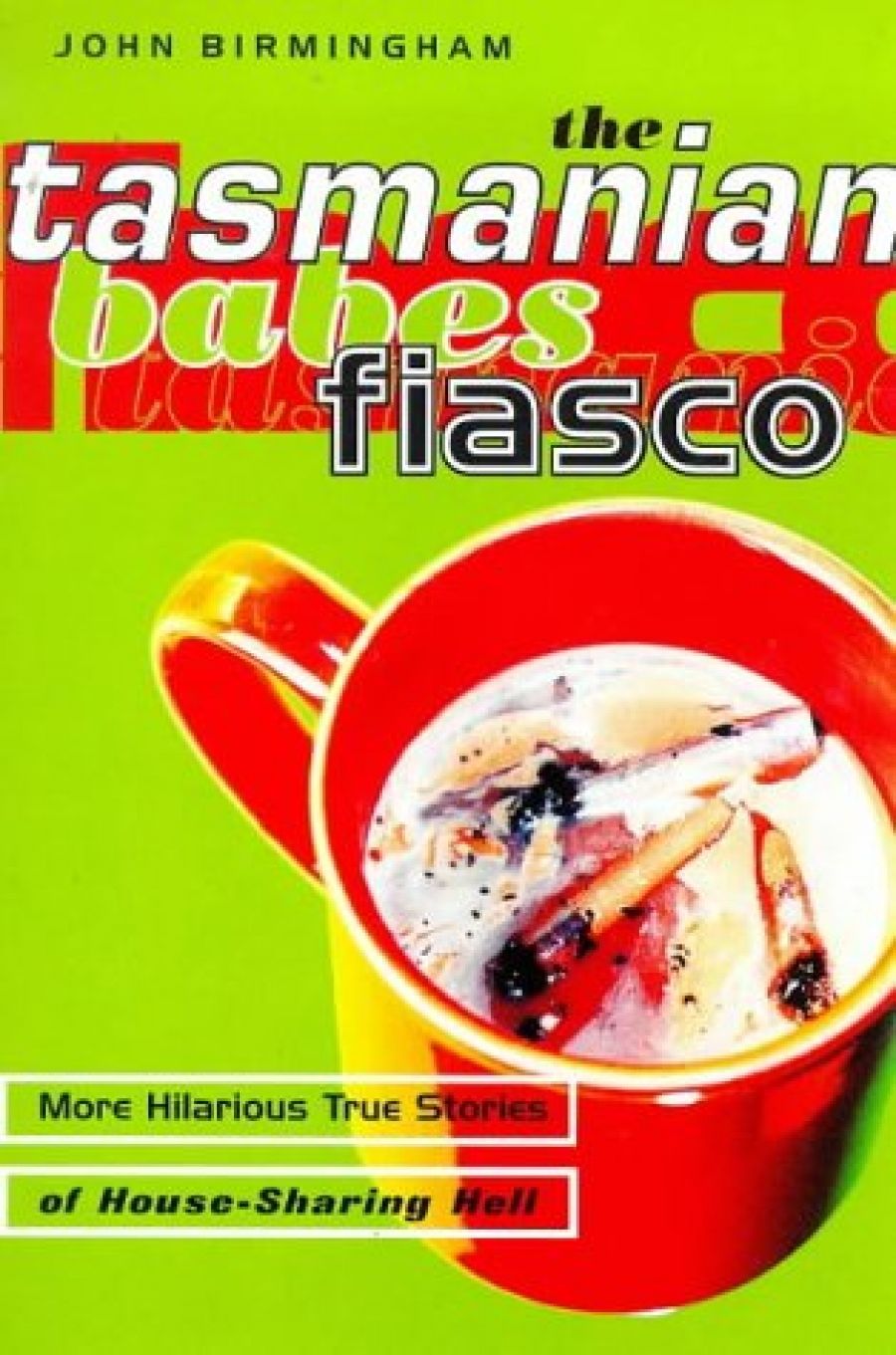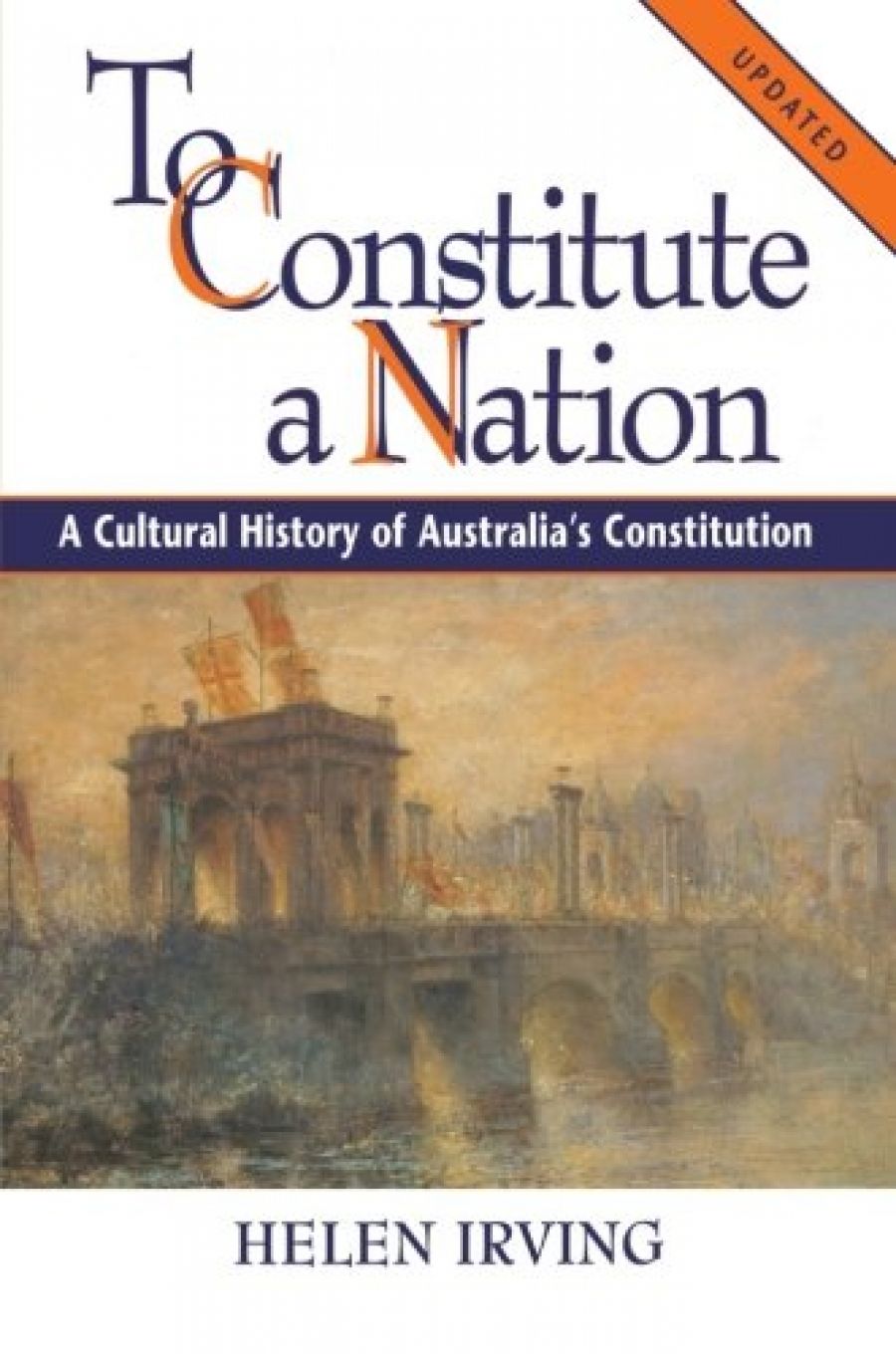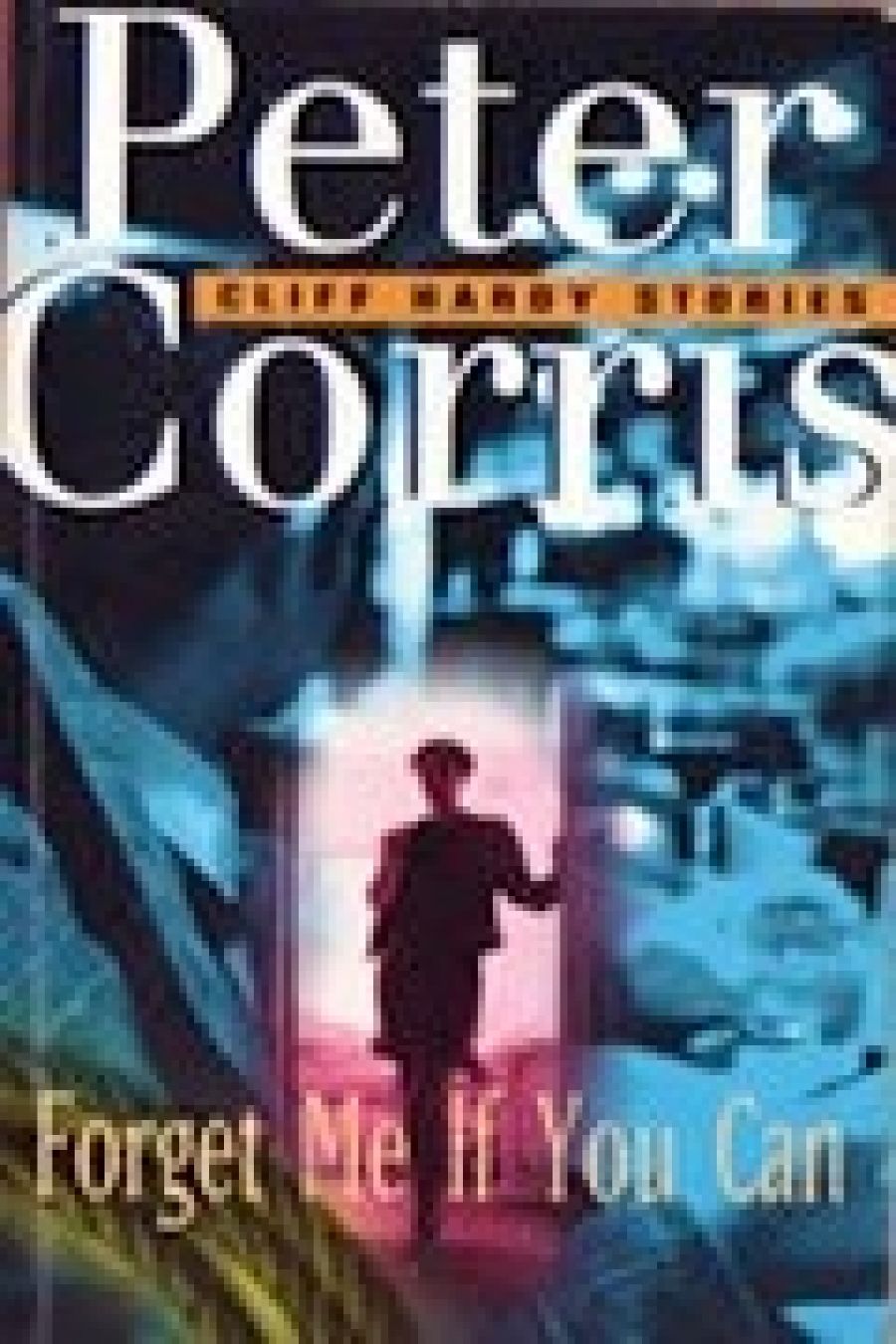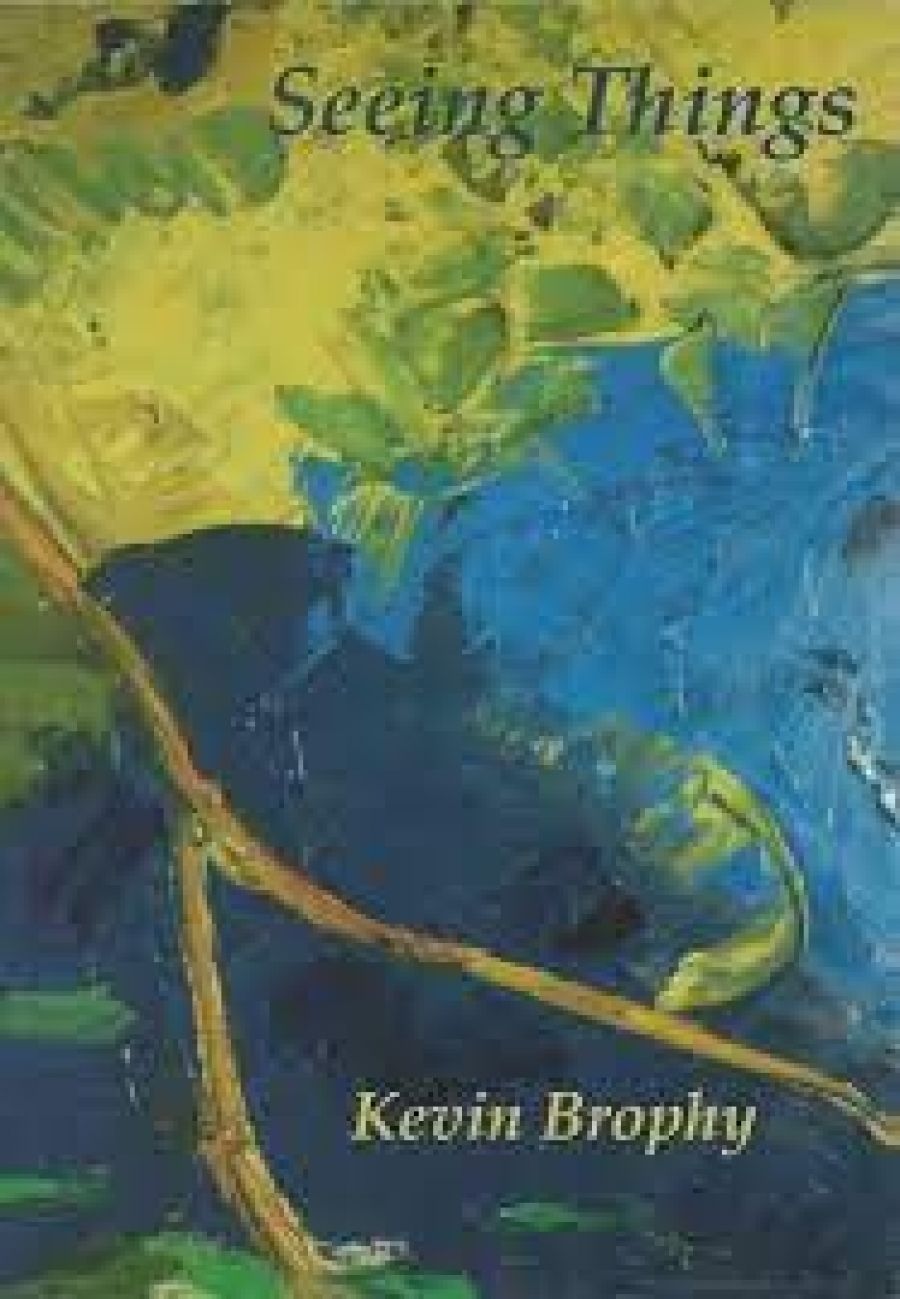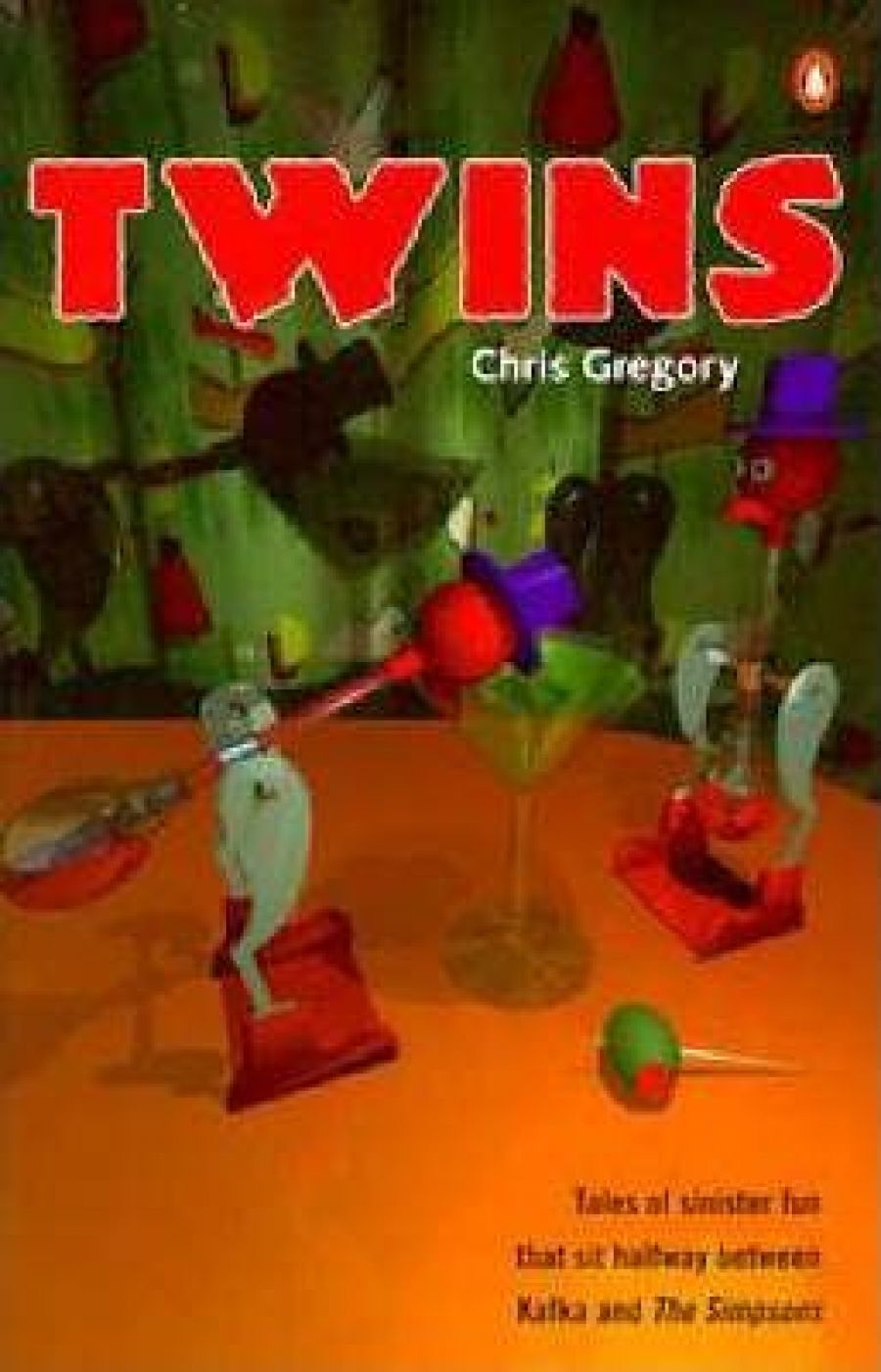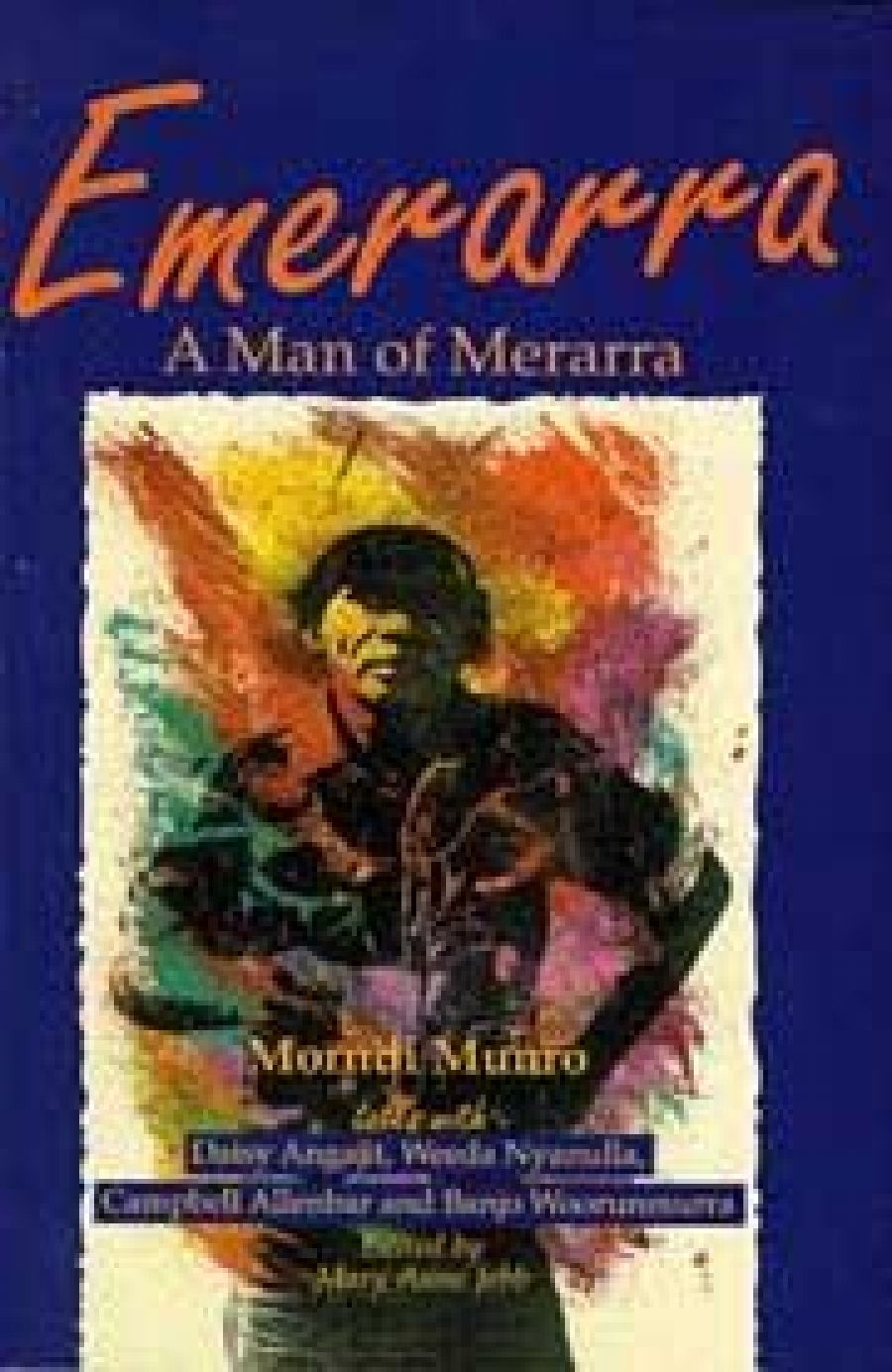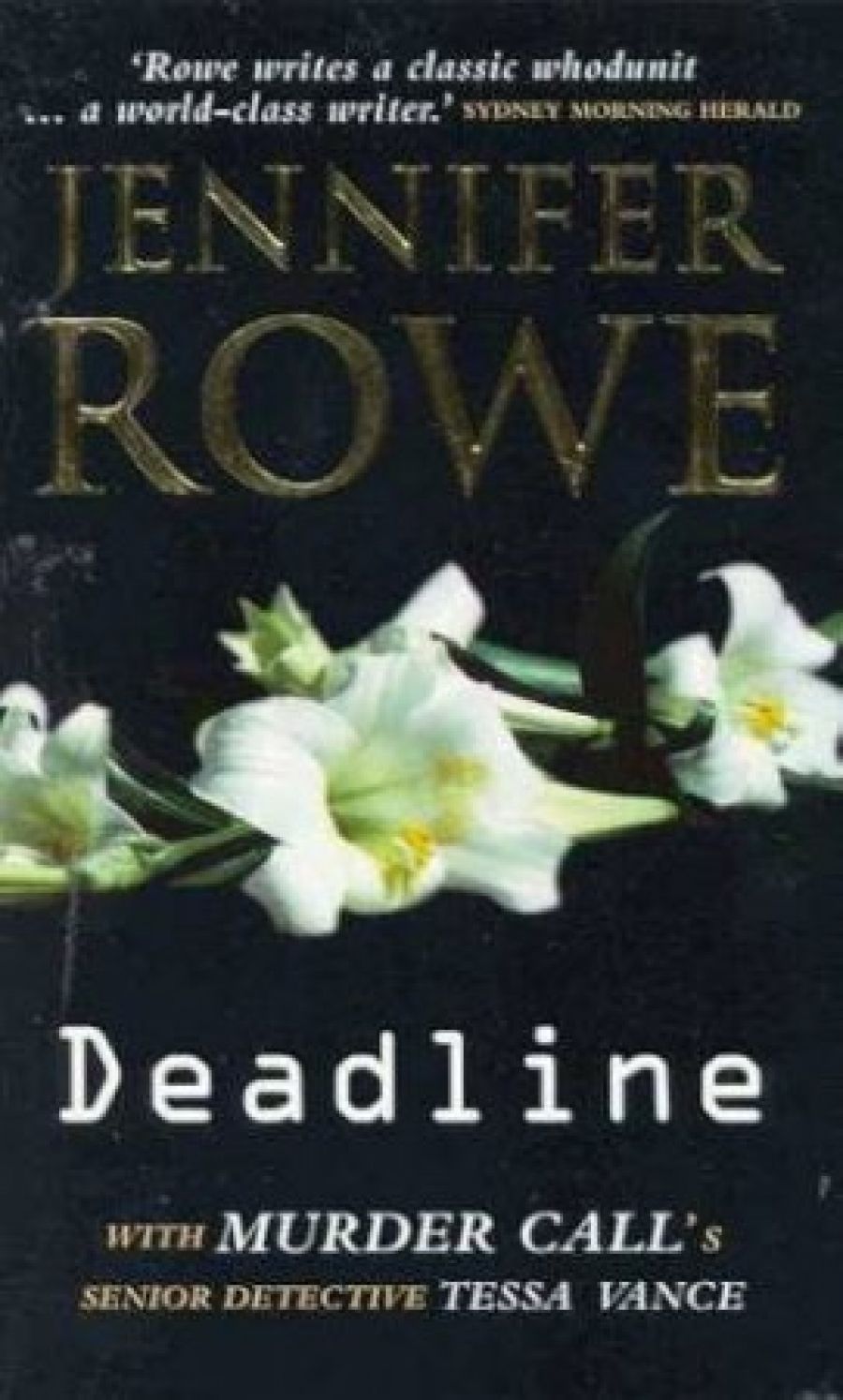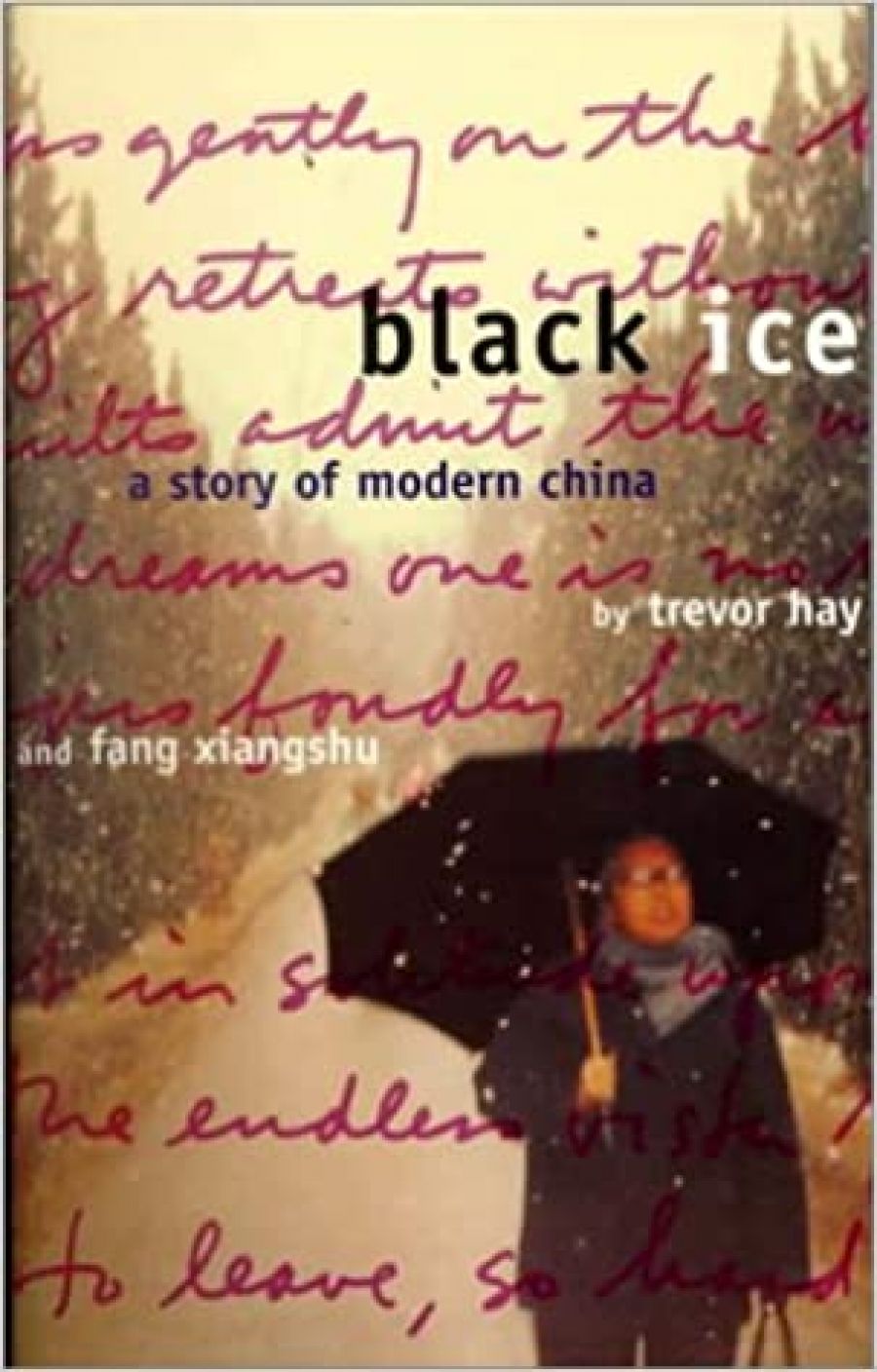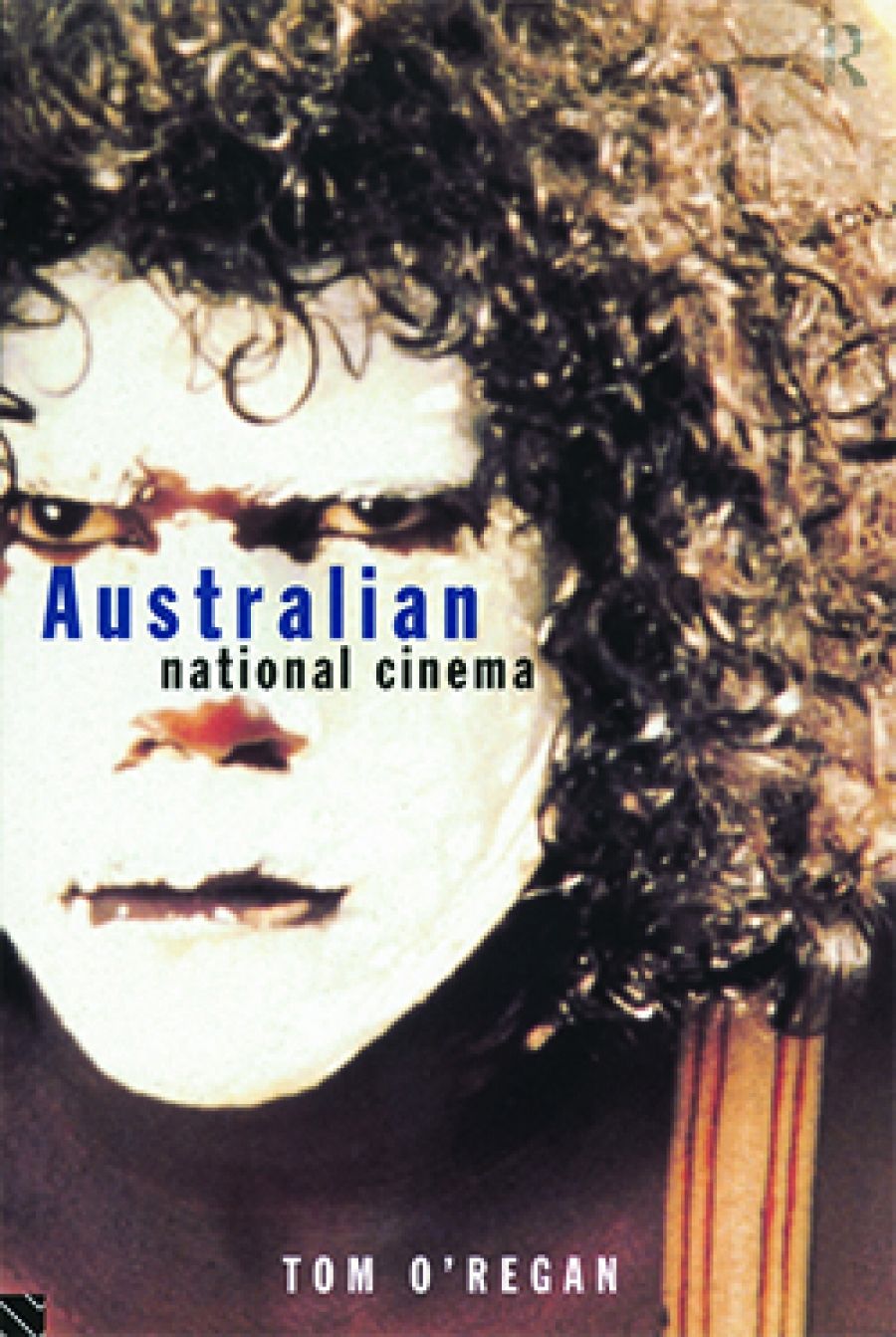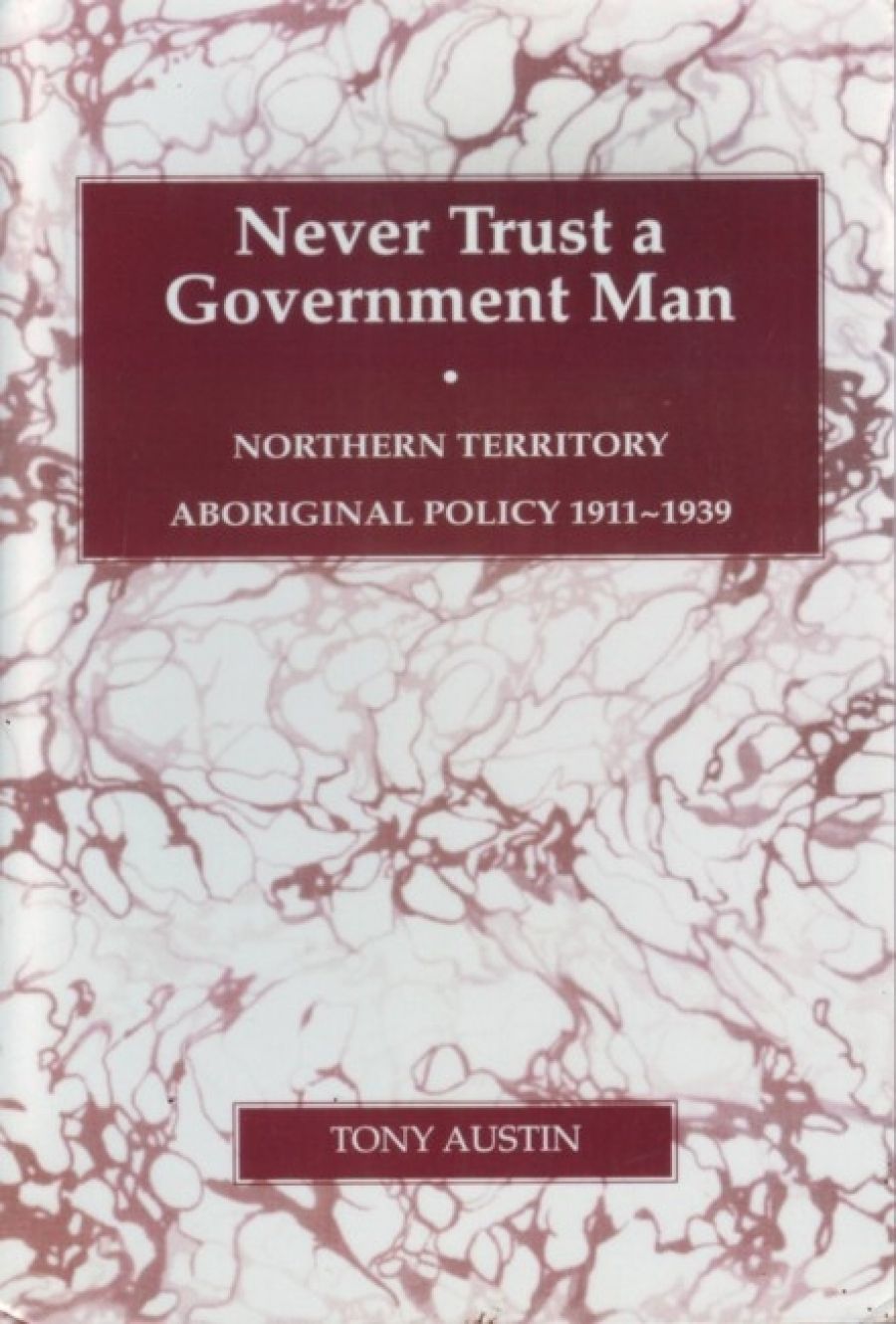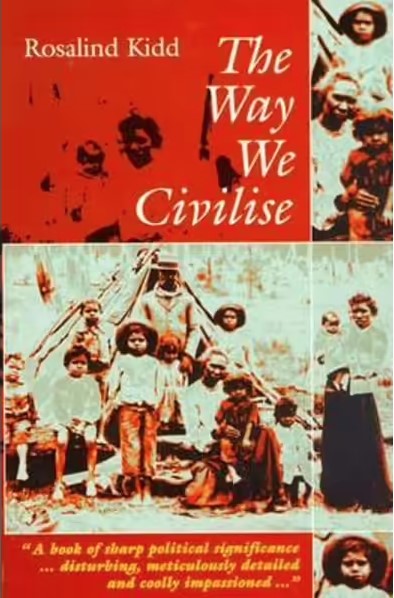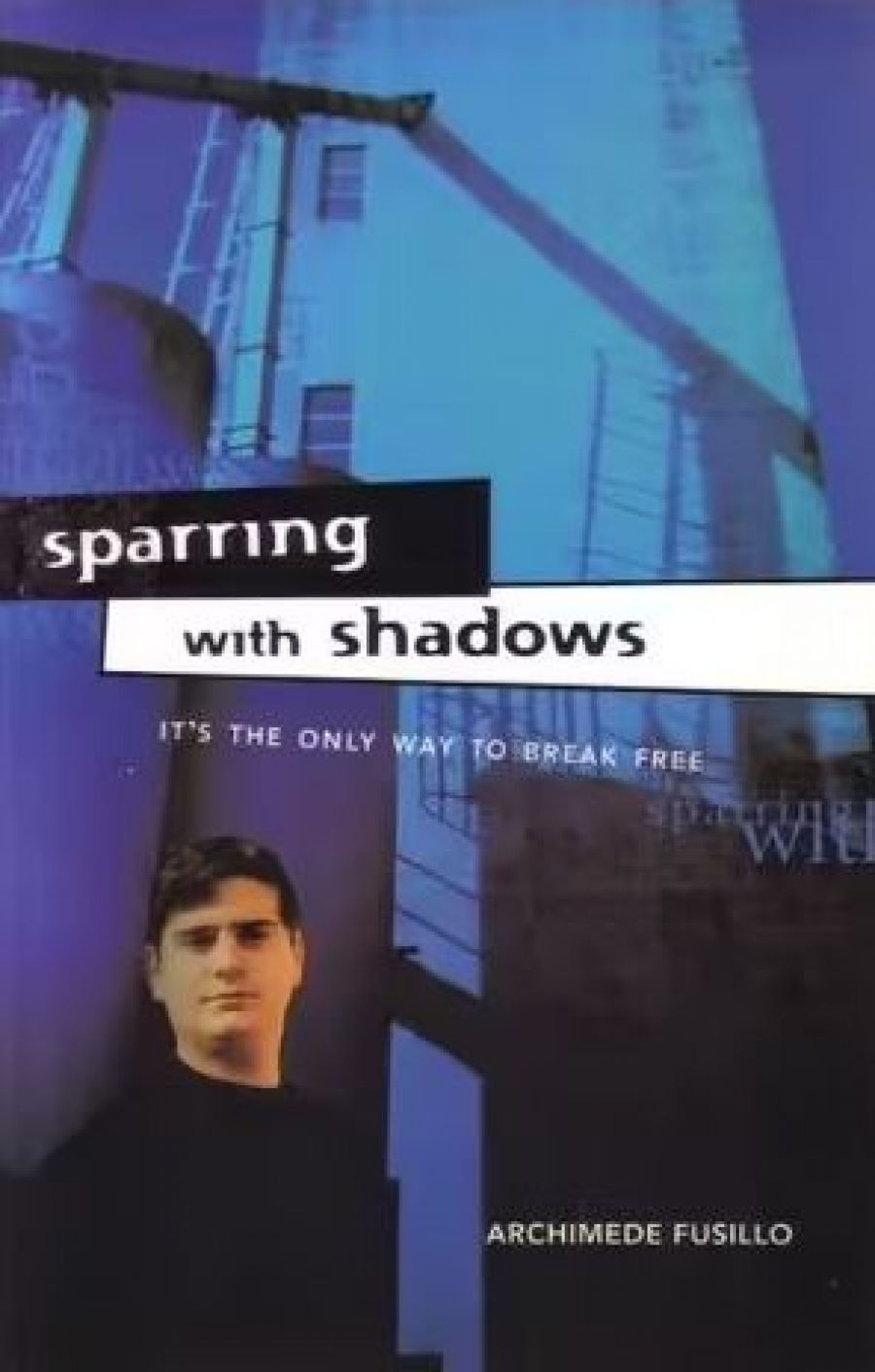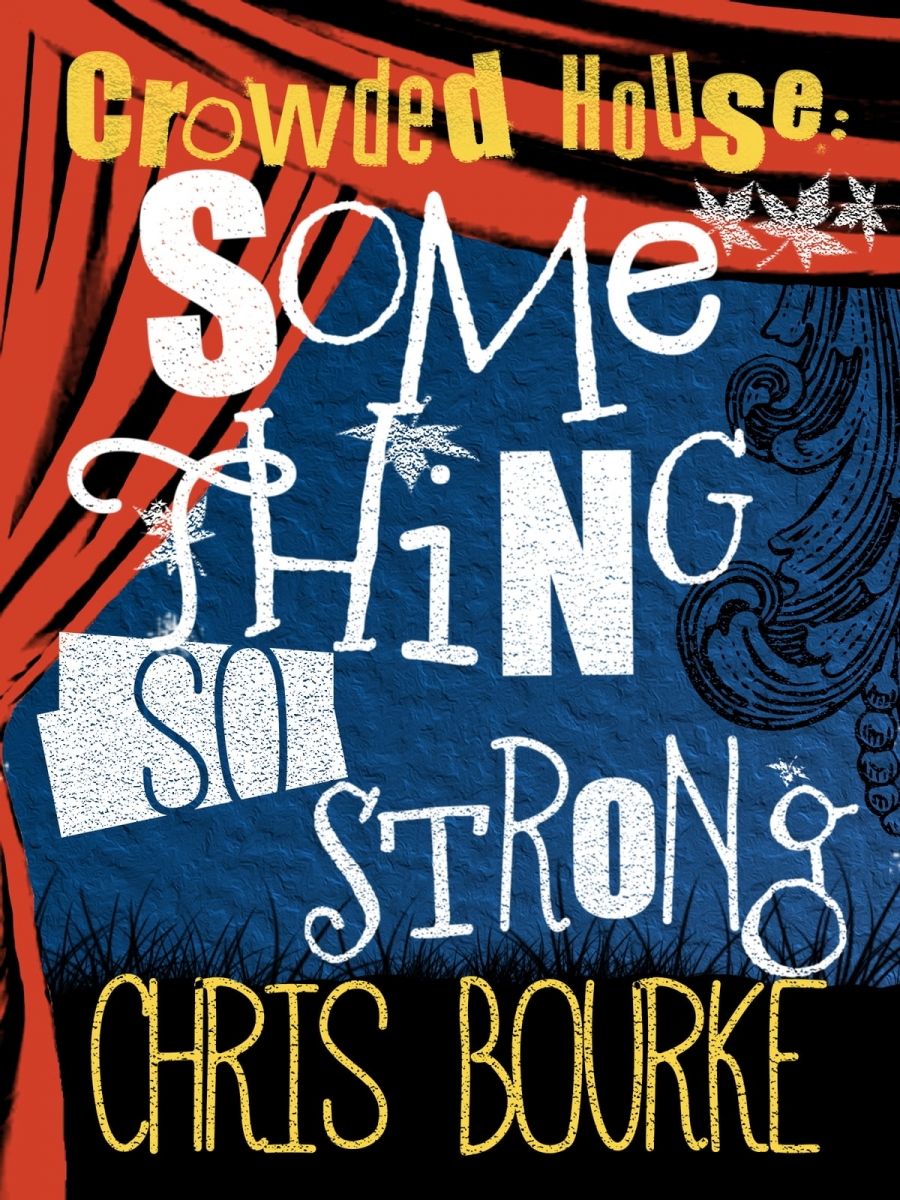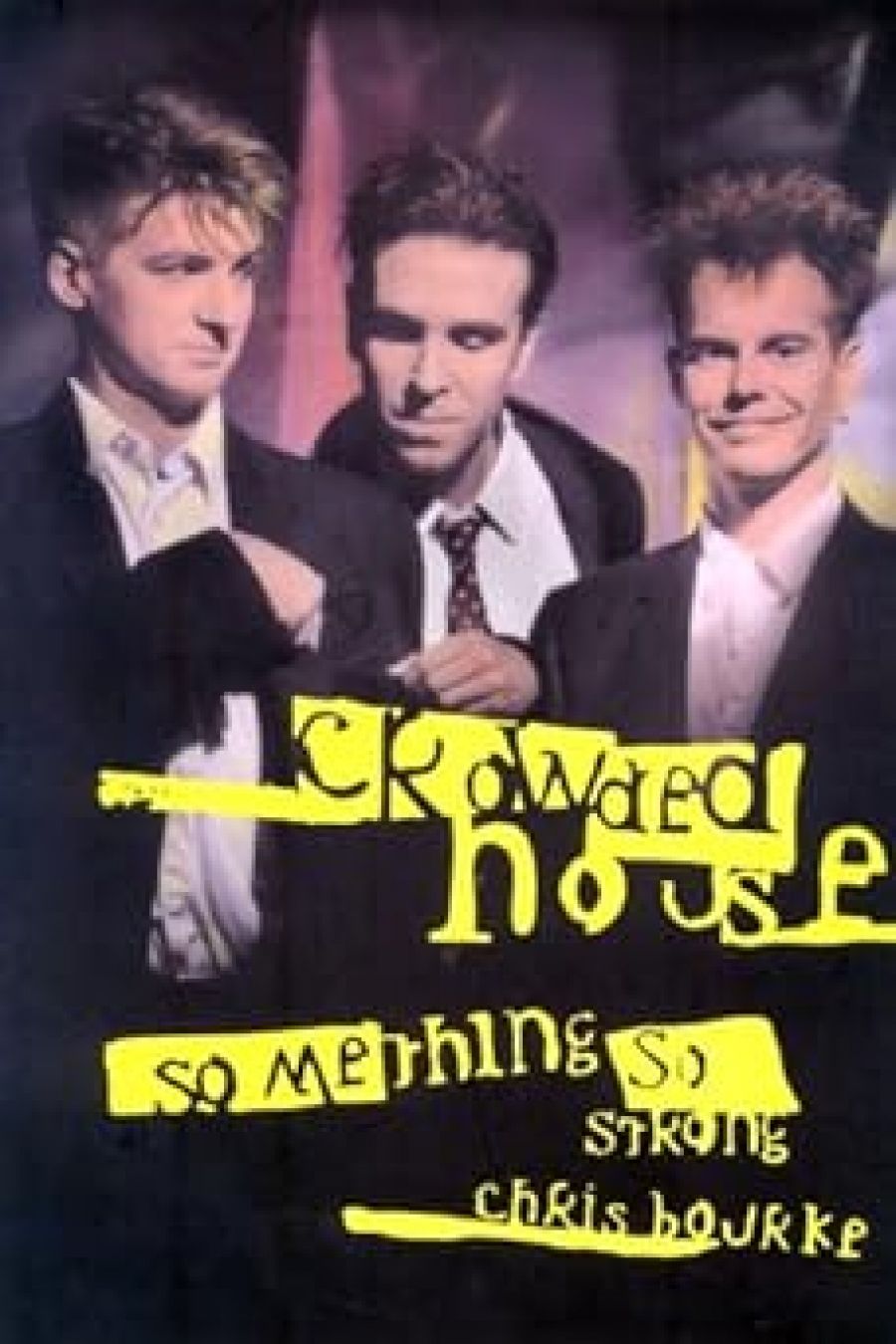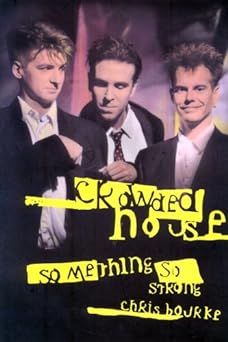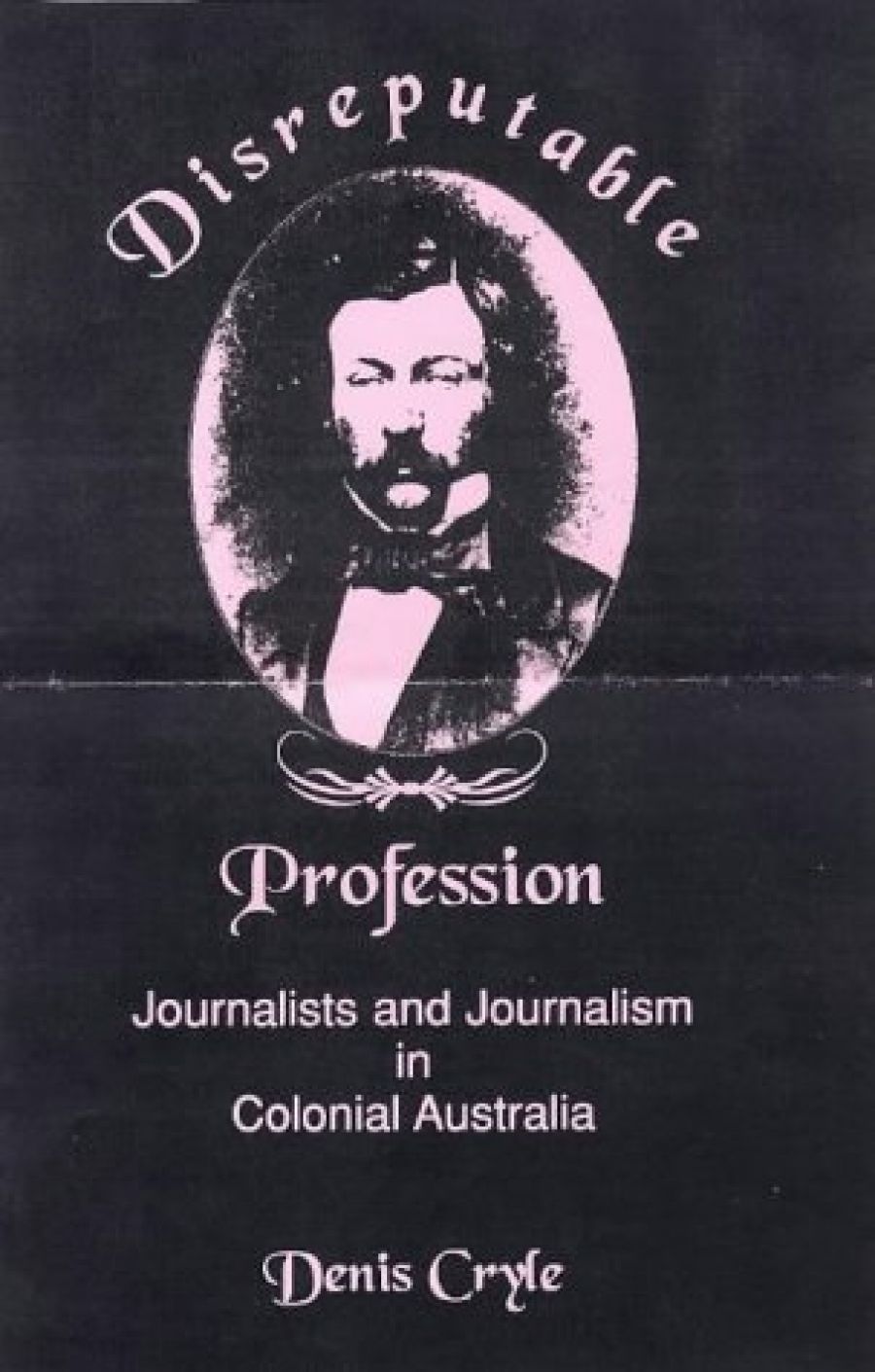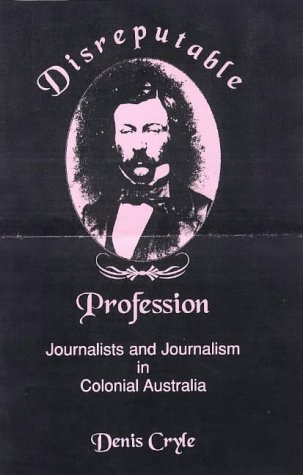From Gerard Hayes
Dear Editor,
If Mark Davis had wanted to concoct a parody of babyboomer fogeyism, he could hardly have done better than Peter Craven’s review of Gangland. Opening with a quotation from Anthony Powell and doing his best to parrot the Powellian tone of bored hauteur, Craven details the shortcomings of Davis’s age: not young – in fact a ‘late bloomer’ – but still not old enough to know better, indeed ‘rather earnest and plodding’.
Craven goes on to declare his astonishment at Davis’s bland statement that ‘neither he nor anyone in his circle would voluntarily read a book by Garner or Jolley’. This astonishment, rather than accusing Davis, illustrates precisely what he is talking about in Gangland. Ozlit as a cosy coterie in which someone like Craven can work for years as an editor and reviewer without ever meeting or, more importantly, reading anyone whose literary mindset differs significantly from his own.
And although Craven’s looking-glass logic in pursuit of predetermined conclusions is well documented in Gangland, can I just ask for verification that he is seriously arguing, in his review, that The First Stone should be held less accountable to a standard of historical veracity than The Hand That Signed The Paper? Seriously?
Gerard Hayes
South Yarra, Vic.
From Sophie Masson
Dear Editor,
One of the most lamentable things, for me, about Gangland (reviewed in last month’s ABR) is a sense of missed opportunity. Instead of a genuinely thoughtful and heartfelt exploration of the Australian cultural map, we just get an attempt to replace one supposed gang with another. There are errors of fact and interpretation in the book (for example, The Death of Marat by David was indeed a political painting, but not in the way Davis thinks it is – for David painted it to curry favour with one Jacobin faction, (only to have to do a hasty turn around), as well as some bad timing (see the beginning of Chapter Ten for a rather unfortunate example).
But that sense of missed opportunity is the most gnawing one, for me. I am exactly Davis’s age and fit his stereotypical image of the so-called neglected , not only as an inbetweener, but as a woman and a ‘nesbie’ of totally tangled ethnicity, yet found his book unbearably patronising. A dusty boring dualism – a dualism, moreover, based on that most ridiculous and arbitrary of ‘differences’, that of birthdate – infests his book, making the few interesting bits and pieces just too easy to miss. One of the truly exciting – and sometimes disconcerting – things about our times is the opportunity to engage not only in dialogue but in multifaceted conversation, free of the vicious and tedious ideologies that made the greater part of our century such a river of blood. I feel excited to be writing at such a time, when all kinds of things are possible, when things I was brought up with which seemed at the time impossibly offbeat and out of field, are now at least illuminated to some degree, and know that I have had opportunities in this time that I might perhaps have been denied in a less pluralistic age (I say perhaps because the past is never monolithic either). And I have found my fellow writers, including many of the ones Davis demonises in his book, to be both generous and collegial, and that the culture does indeed make way for people if they have something interesting to say. What’s wrong with an older, more experienced writer offering advice and encouragement to a younger, less experienced one who seeks it? Besides, it can cut both ways, as I know from personal experience. Unfortunately, Davis seems to be stuck in precisely the same groove that he accuses his targets of. He persists in using outmoded ideas and symbols, much more outmoded than those of many of the people he attacks so gratuitously.
For heaven’s sake, in France today few people are interested in the cultural theorists he’s so assiduous in defending; their legacy is seen as precisely the ancient strangler fig which has succeeded in arresting French literary life. Davis pins cliched label s such as ‘cold warrior’ on people like Robert Manne, without seeming to undersand the surely simple notion that Manne’s reactions to Demidenko (as indeed, his previous and subsequent analysis of Communism and its hideous history) stems from his horror at the intellectual abstraction of real people’s real suffering – a reaction of flesh and blood, not of ideology at all. Davis correctly points out that one of the most interesting comments on the Demidenko debacle came from a letter writer to The Australian who said that ‘To become a Demidenko, you first have to be a Darville’, but doesn’t follow the reasoning far enough. Not to the furphy that ‘Anglo-Celts’ are limited in their understanding of other people’s suffering, or that non-Anglos have it hard, but that to become a media event – not just a novelist – based on plunging your hands into other people’s wounds, it is best to be not only callow and shallow, but a fake. It does not mean that we should never touch such subjects – and Manne’s idea that the book would not have been published in Europe does not stem from any cringing sense of European superiority, but rather that the memory of those things lives on there in a way that precludes lime-lighting and showing-off: for a truly devastating look at Nazi collaboration, see Marcel Ophuls’s documentary, The Sorrow and the Pity, and Louis Malle’s heartbreaking film, Lacombe Lucien. To put everything in the context of parochial pugilistic politics is both naive and unworthy, for much of the world’s people lives in the world not of Davis’s privileged cultural theory students, but Lucien Lacombe’s world, a world which Shakespeare would recognise. By the way, I have seen performances of Shakespeare, the supposedly ‘paradigmatic monocultural Englishman’ of Davis’ dismissal, in countries as far apart as Zimbabwe and France, Indonesia and Ireland, and no-one appeared to have any trouble understanding his world view (in any case, anyone who imagines that England, with its mosaic of regional traditions, dialects, and historical mix of cultural influences, is a monoculture, simply does not understand what the term means!).
And in a book supposedly all about the young, why has Davis left out the entire literary and other culture produced for children and young adults? No doubt it’s because in his scheme of things those under university age don’t count – but if he talked to a few of those young people, he might get a few surprises.
Sophie Masson
Invergowrie, NSW
From Ken Gelder
Dear Editor,
In October’s ABR, young Peter Craven informs us of ‘the fact that people do not simply act in their friends’ interests’. Is the world still turning? Pinch me, someone, I must be dreaming.
Ken Gelder
Brunswick, Vic.
From Nathan Hollier
Dear Editor,
On reading Mark Davis’s work, Gangland, I felt, to paraphrase Helen Garner, somewhat out of context, like coming up for air after spending, well, a few years of newspaper reading at least, underwater. That’s what education can do for you. For someone who had only a vague sense of the ways that our literary figures and cultural commentators fitted together, Davis’s work has performed a valuable service. It is all very well for literary insiders to complain that they are placed in a bad light by having their intrapersonal relations scrutinised, but with whom should Davis’s loyalties lie, with them, or with his (and their) readers?
There is nothing too complex about the analysis employed, nor the conclusions drawn. He merely states a basically enlightened opposition to a broad range of narratives operating within the public sphere, and argues that these narratives share something in common: ‘babyboomer’ values. The book demonstrates to the reader that, although occupying the central positions of speech within the media and ‘culture industry’, these individuals are in no way representative of the broad, or normative opinion to which many of them, though not all, lay claim. Firstly, this places pressure on these figures to engage with, as opposed to simply ignore or dismiss, the sorts of criticism thrown up by universities and new cultural formations. Secondly, it reveals how this general unwillingness to acknowledge a culturally privileged position of speech dovetails into intellectual flaws and regressive political ramifications.
It may be overstating it to suggest that anyone could have written this work, but it is certainly true that its real strength stems from the phenomenal effort involved in tracing the intellectual and political permutations of this culture of intolerance. It is precisely this middlebrow approach, this pitching of his argument at the level of the ‘ordinary person’, or literary outsider, which makes Gangland such an effective intervention within public debate.
Nathan Hollier
Carlton, Vic.
From Jan McGuinness
Dear Editor,
Is Don Anderson suffering from too-many-hats-dysfunction? I recall him as a delightful and coherent lunching companion in the days when I was one of the many literary editors he claims to have served under. How alarming then to note the confusion that distinguishes his most recent rolling column (ABR, October), where he is moved to both lament and defend the status of book reviewing.
On the one hand, he rails against literary editors who mismatch reviewers and writers with the journalistic intent of creating a stir. The unhappy and ill-served writers cannot object, especially by letter, for fear of fuelling and prolonging the controversy. It happened to Don the writer, still smarting it seems from having one of his books handed to a ‘shallow’ and ‘scatterbrained’ reviewer.
On to the next column item which is written by a different Don – Don the reviewer. In August, ABC TV’s Between the Lines canvassed the standard of reviewing in Australia and didn’t like what it found.
Despite his own adjacent misgivings, Don embarks on an exercise in kill the messenger. BTL is accused of ‘scare mongering’ and ‘gossip’ without the benefit of ‘substantiation, evidence or documentation’.
For one who has been around journalism for so long, can I respectfully suggest that Don has gleaned very little about how it works. BTL covered all the bases, presenting first-hand accounts – as distinct from gossip – from a respected publisher (Jane Palfreyman, Random House), a respected reviewer (Imre Salusinszky), a respected writer (Tom Keneally) and a respected literary editor (Susan Wyndham, SMH). Furthermore, he accuses BTL of censoring Imre Salusinszky. What a strange choice of word. BTL removed the potential defamation on legal advice.
Strangest of all is this: Don takes great objection to an ‘intellectually disreputable’ voice-over (which he quotes accurately and at length despite asserting that he merely surfs BTL), yet selectively chooses to ignore Jane Palfreyman’s endorsement of it in reply to a direct question. Yes, BTL’s criticisms are well-founded, she says, and yes, there is danger in her talking about reviewers who might then look upon Random House less favourably in future. Tom Keneally says also that he won’t name names for fear of jeopardising future reviews.
Given his earlier column item, Don should be able to relate to such unrelieved frustration. In the event, his overwrought response to BTL’s story underscores its basic assertion that many of those affected are afraid to criticise book reviewing standards for fear of an arrack à la Anderson.
Jan McGuinness
Executive Producer
Between the Lines
Elsternwick, Vic.
From Damien Broderick
Dear Editor,
It’s scary, as the writer of a book (The Spike) on the likely impact of drastic scientific innovation, to find your work damned by a reviewer who candidly admits up front: ‘Certain statements, I, a pre-internet mortal, cannot assess’. This proud declaration of ignorance does not prevent Don Miller (ABR, October 1997) from denouncing my case as ‘scientific mumbo-jumbo’.
It’s even scarier to find your words twisted to mean the opposite; things you’ve never said, or even thought, put into your mouth. Take the suggestion that I was ‘swayed by the mad and bad proposal’ to manipulate children’s brains. In fact, I called this proposal ‘most disturbing’ and ‘horrific’.
Miller claims I hold ‘an innocent, positivist view of science and knowledge’. (As the last positivist retired in 1951, I wonder that he didn’t accuse me of championing Physiocracy or Bimetallism.) A glance inside my The Architecture of Babel (1994) proves the contrary. I wrote:
It is increasingly accepted that theories of literary textuality, like all theories (including those of the practices of science and technology), are not freestanding: they are deeply implicated in ideological and other non-literary contexts … Increasingly, both literary and scientific meta-theorists are coming to view their objects of study as principally textual, as constructed ‘narratives’ which operate within social formations via processes of canonisation and negotiation. What is needed, though, to anchor constructivism’s scientific perspective (as the body anchors the arts) . is something we might call ‘the insistence of the empirical’ (p. ix-x).
It gets worse. If we now knew a mere two percent of the brain’s workings, I quoted, then it will be understood fully in just half a century, given the current rate at which knowledge in neuroscience doubles. Miller detects a fatal, hubristic flaw – surely no such estimate can be made in advance? Well, slash that absurdly low estimate to one hundredth part of one percent. We can hardly know less than that. Apply the doubling rule. We’re back up to a complete mapping in less than 150 years. On a cosmic or even historical scale, that is instantaneous.
By the way, I do not boast, let alone ‘reiterate’, that Melbourne University is ‘the finest … in the southern hemisphere’. And Marc Andreessen’s opinion of the likely impact of nanotechnology is not quoted indiscriminately as that of some random ‘24 year old computer science graduate’ – Andreessen, more saliently, is co-founder of Netscape. But as ‘pre-internet’ Dr Miller irritably puts it, how can he be expected ‘to judge the worth’ of that kind of thing?
Damien Broderick
Brunswick, Vic.
